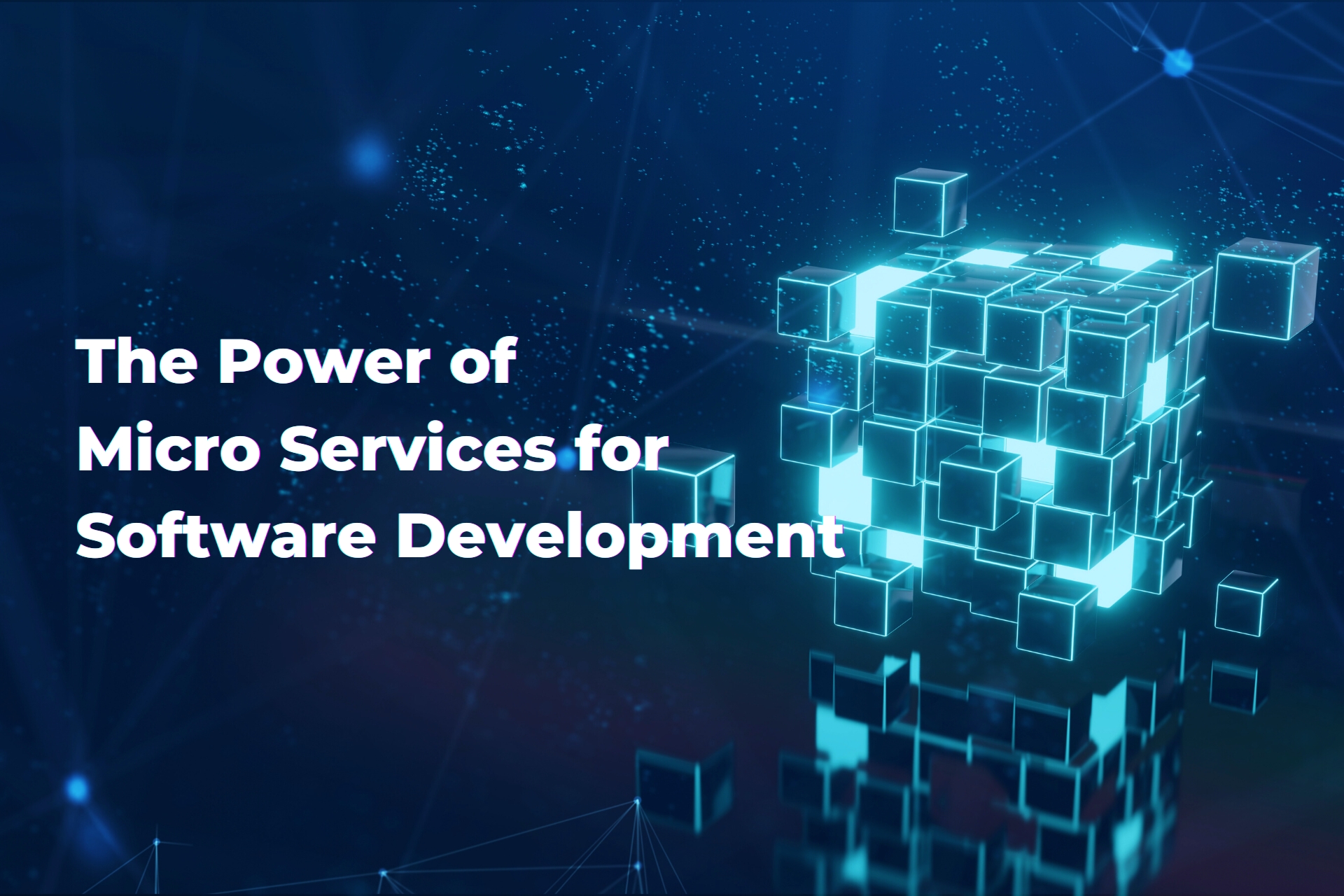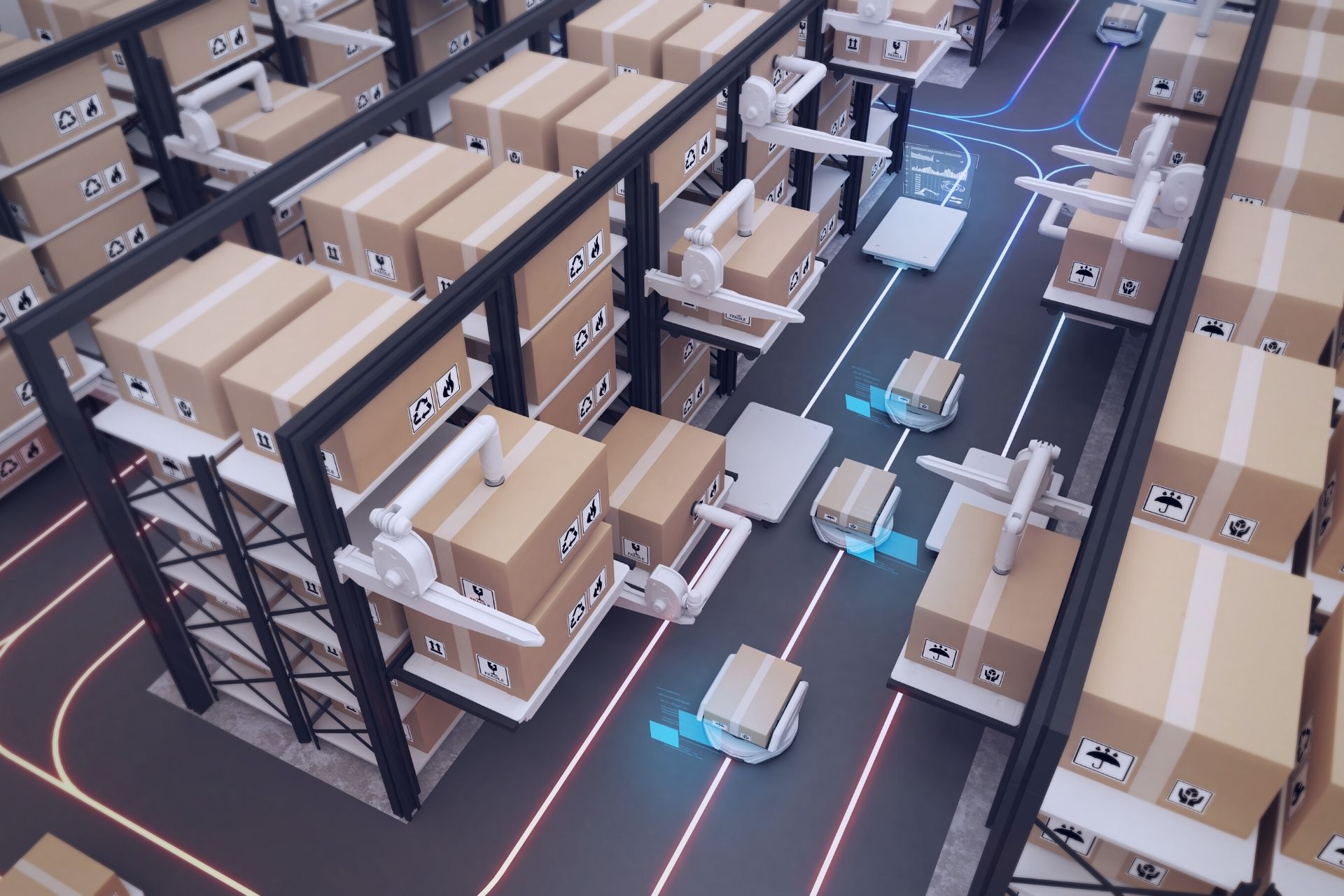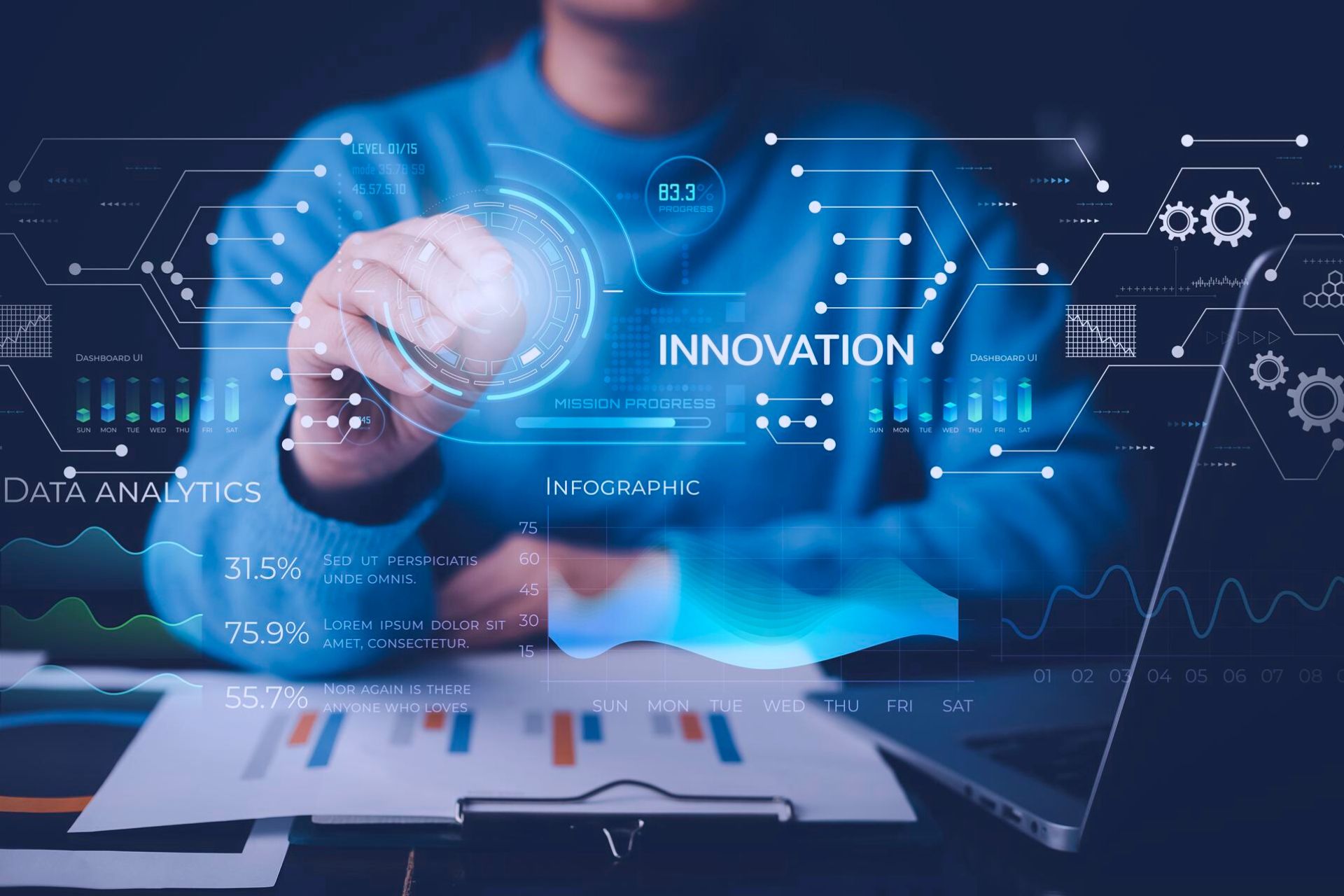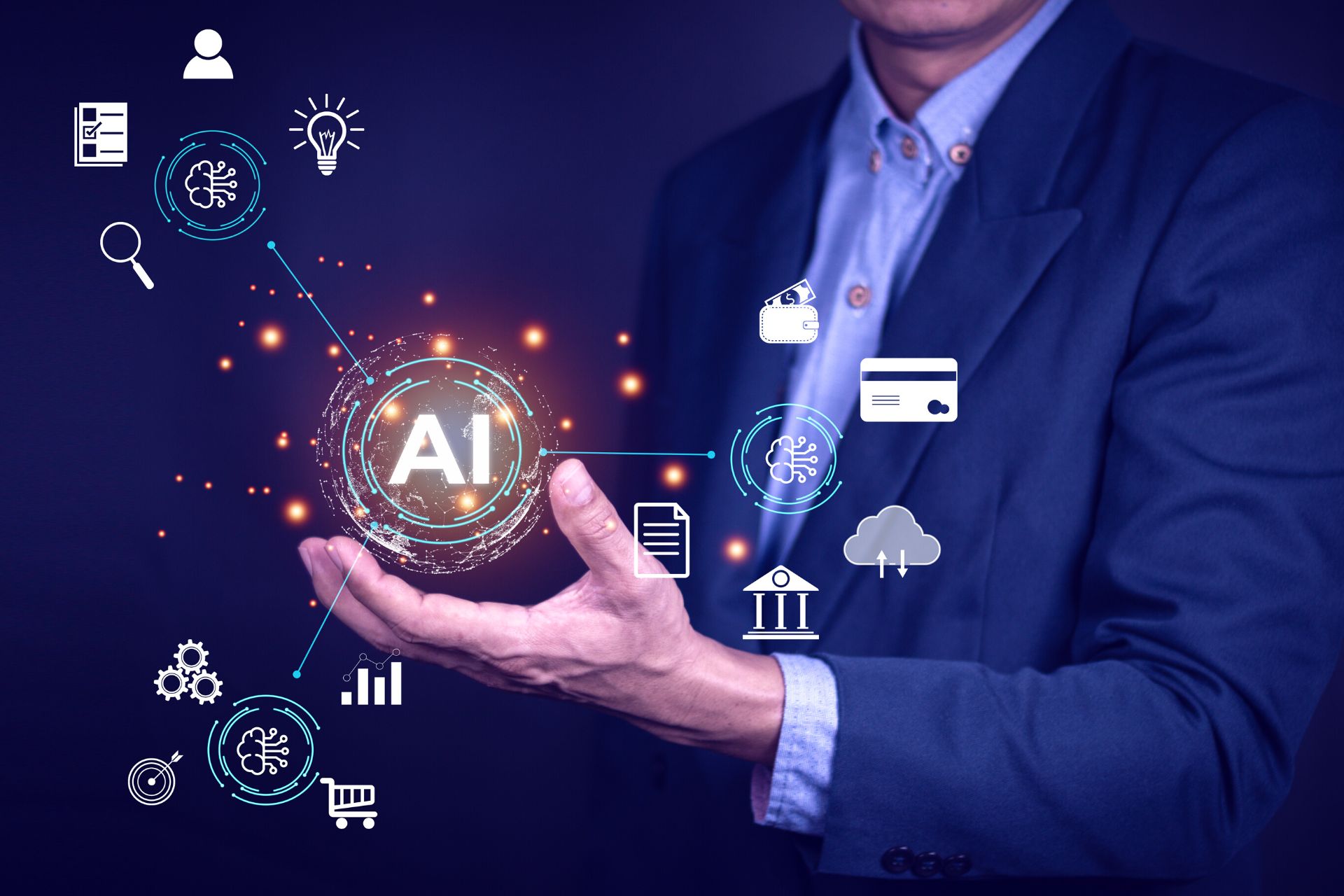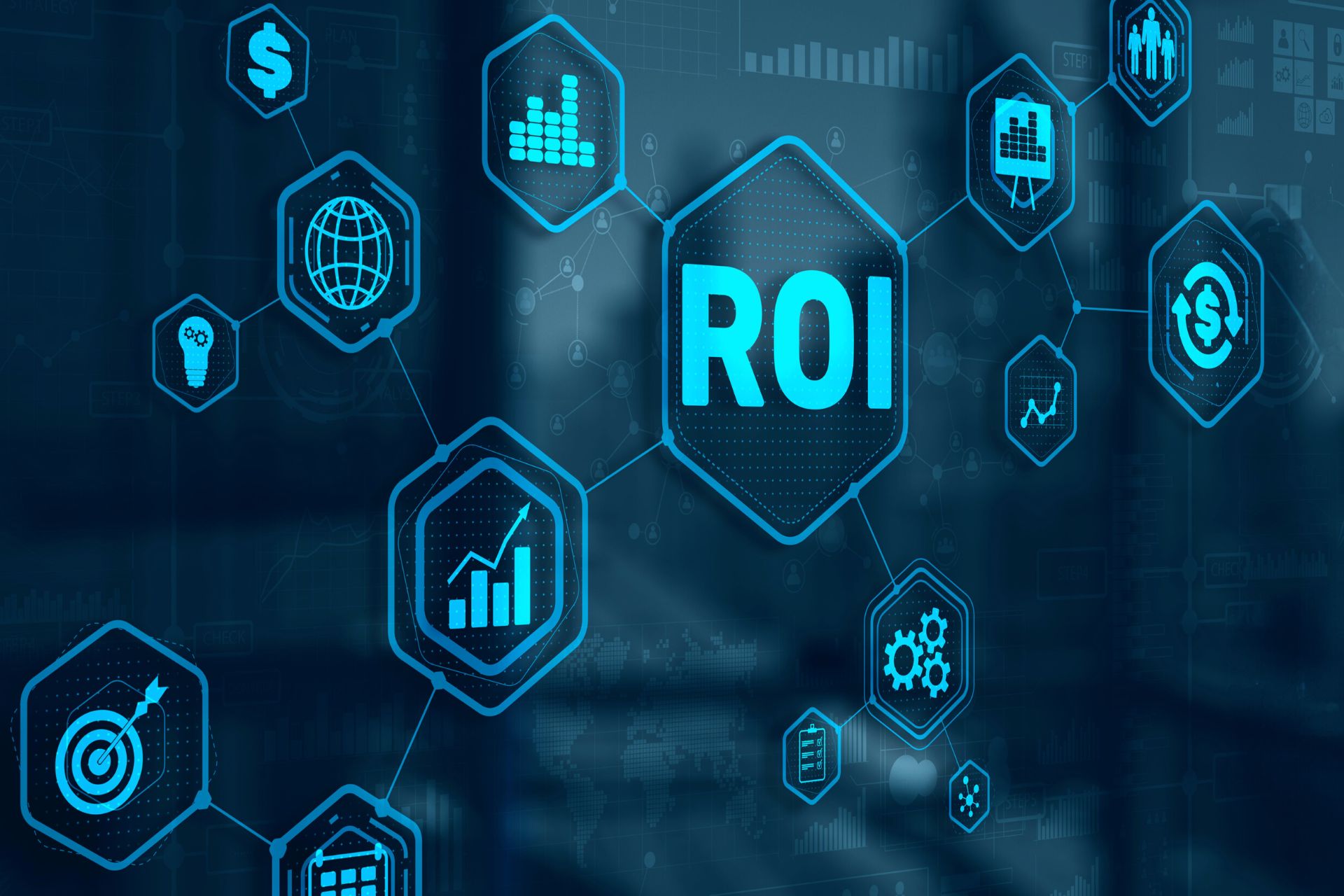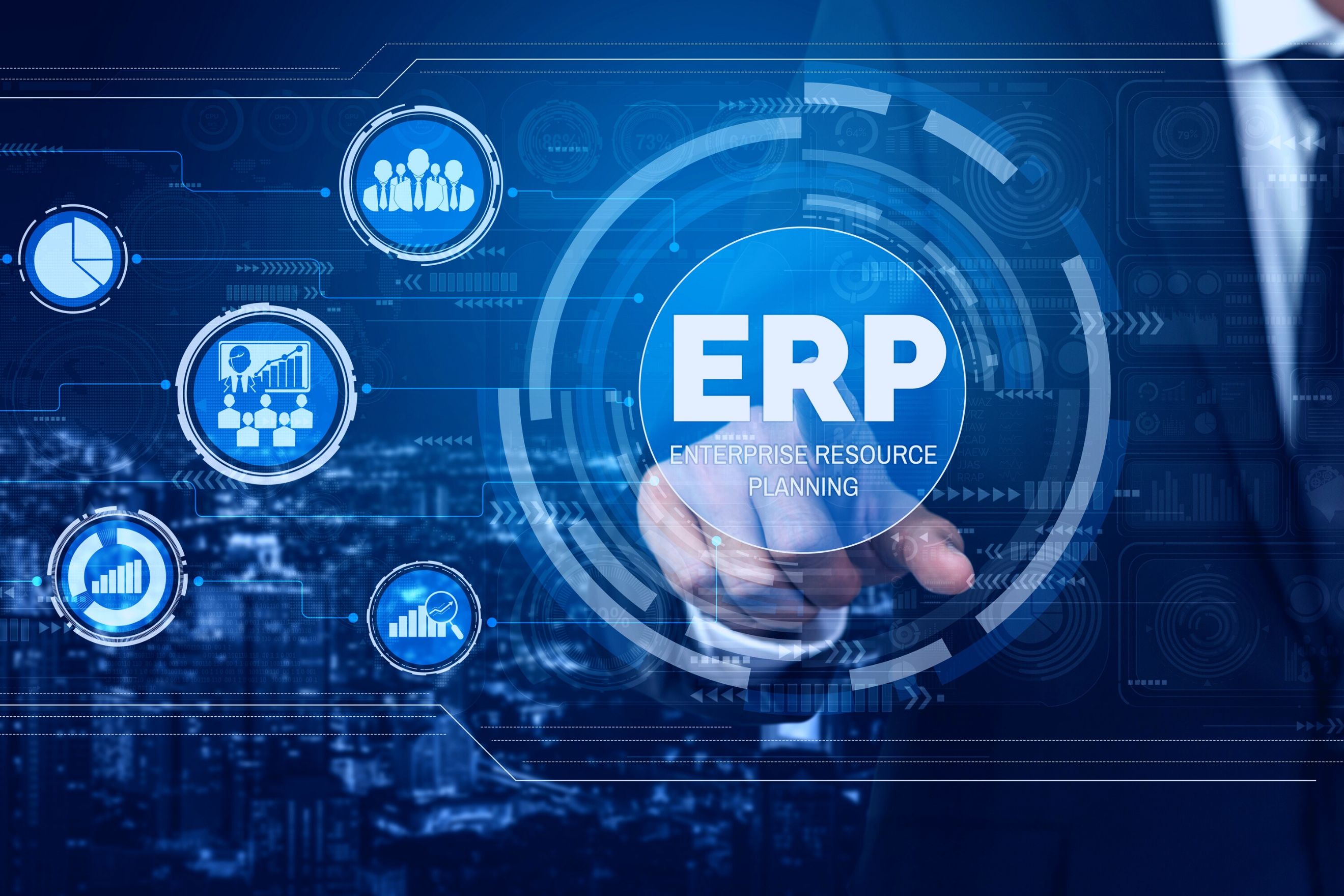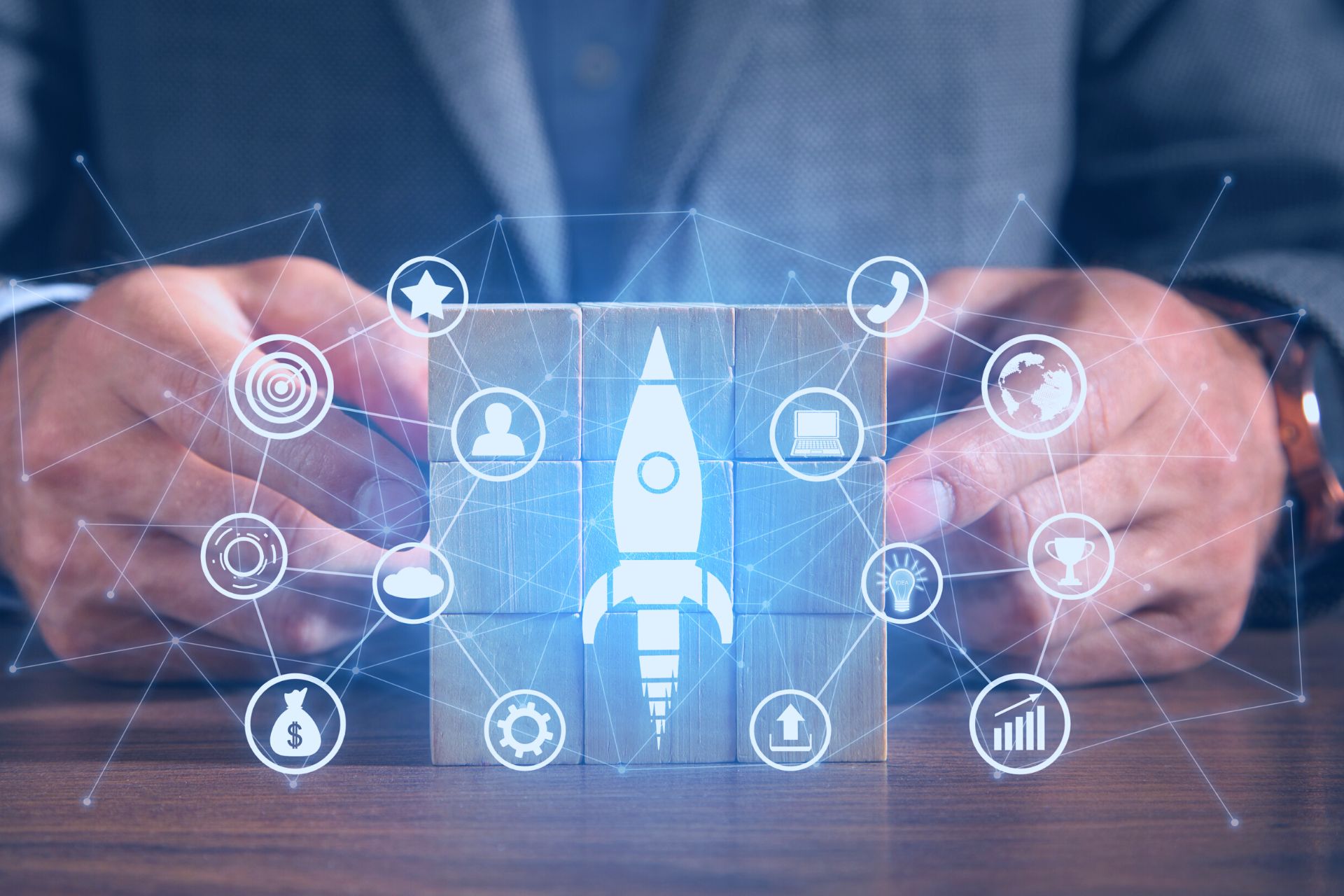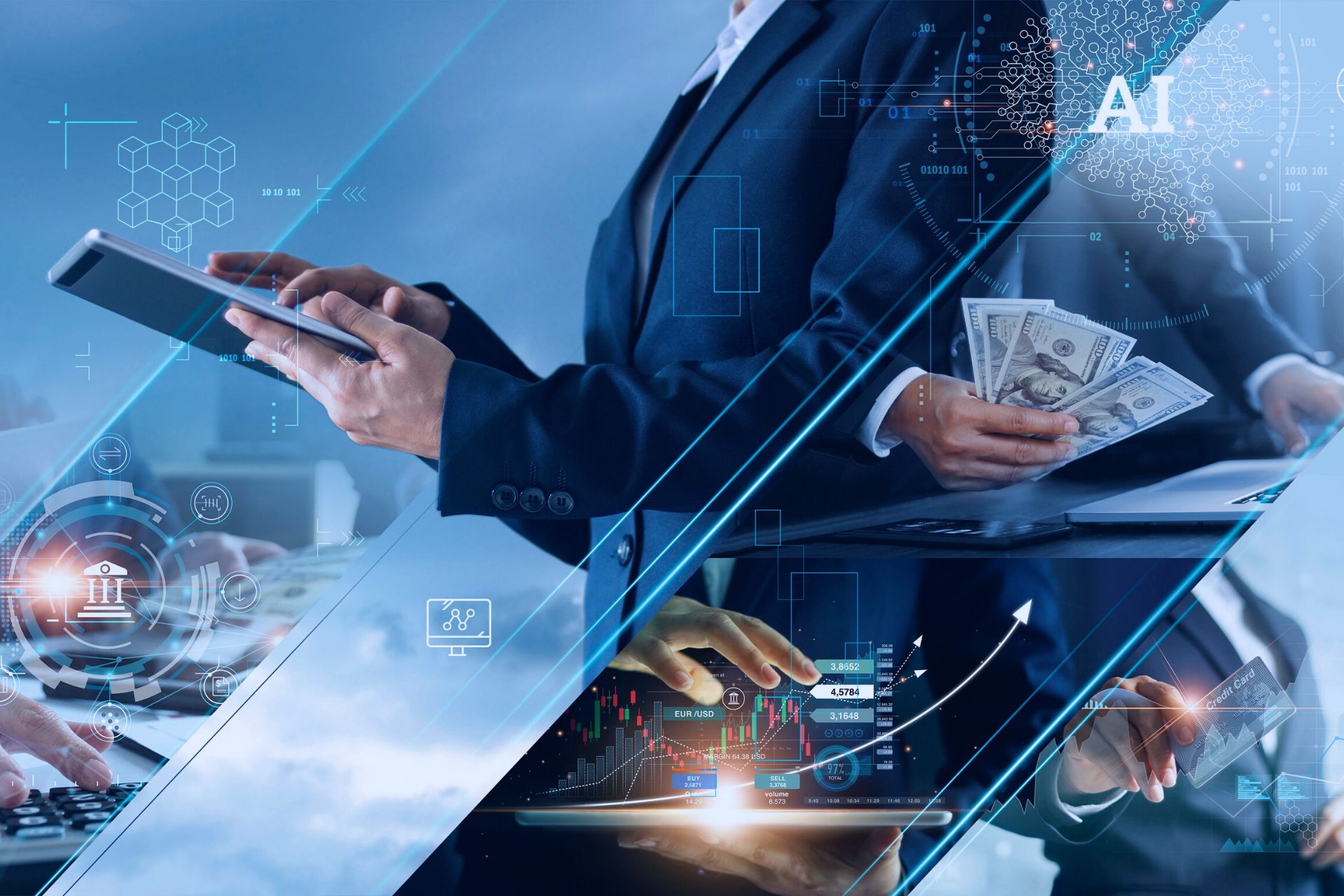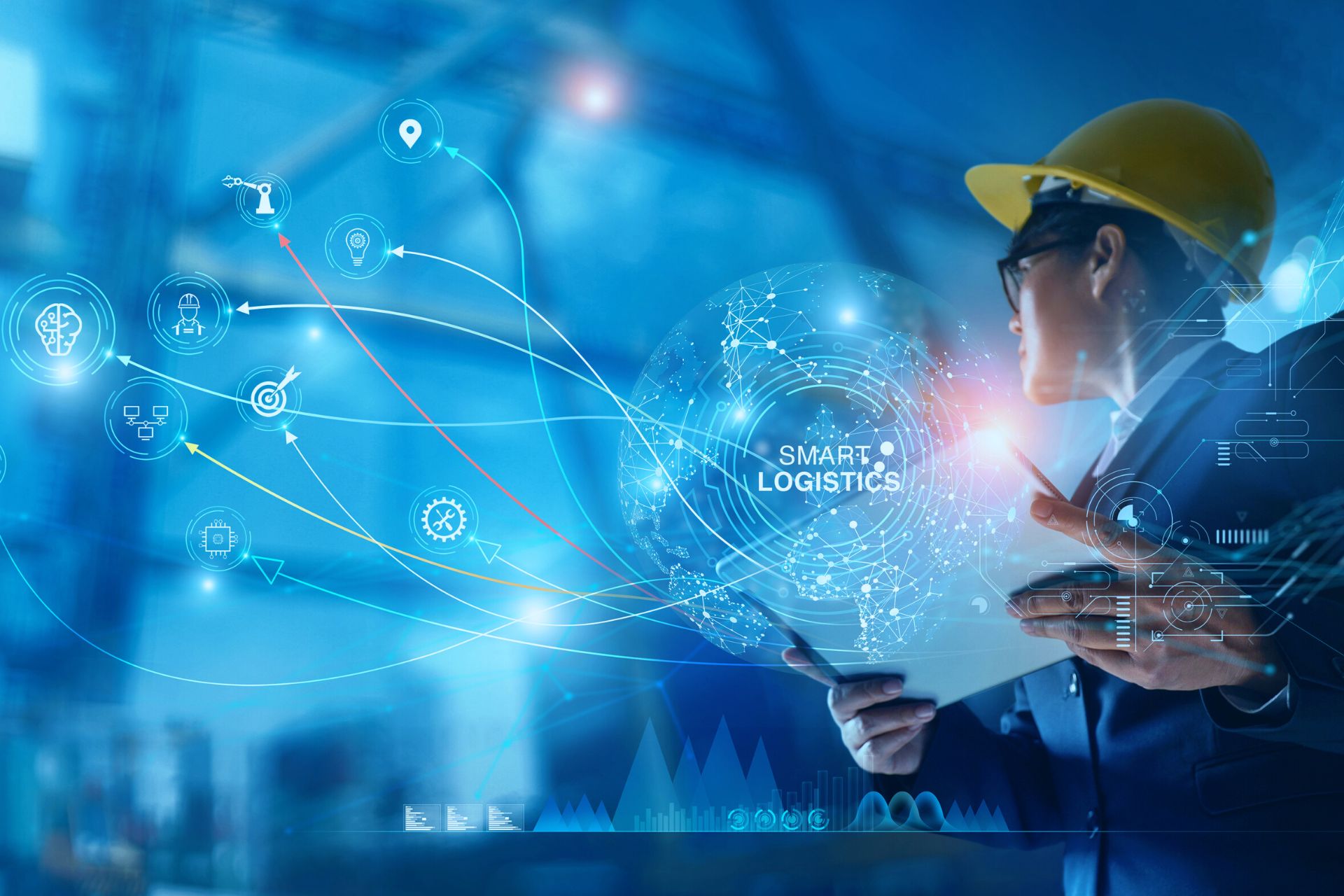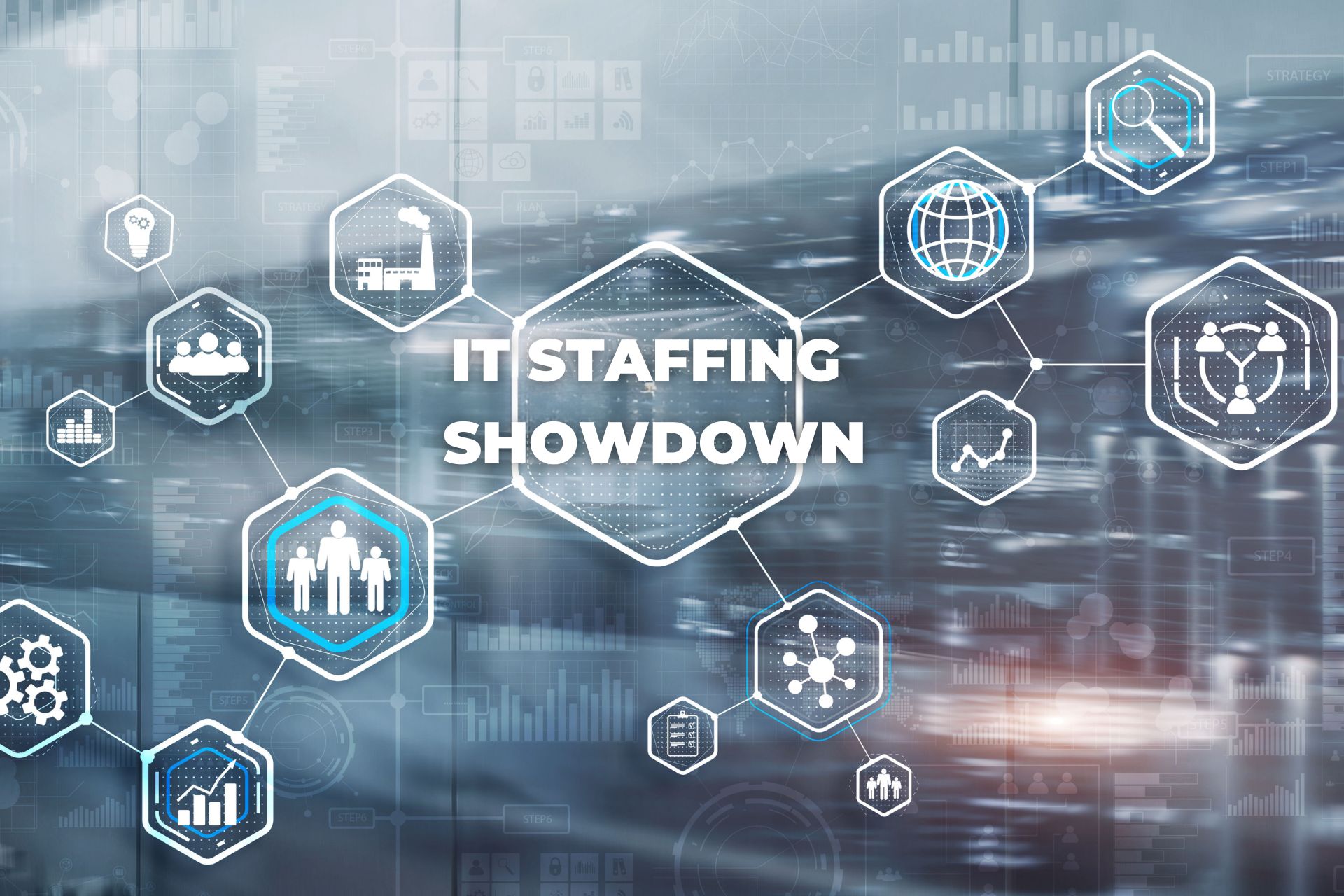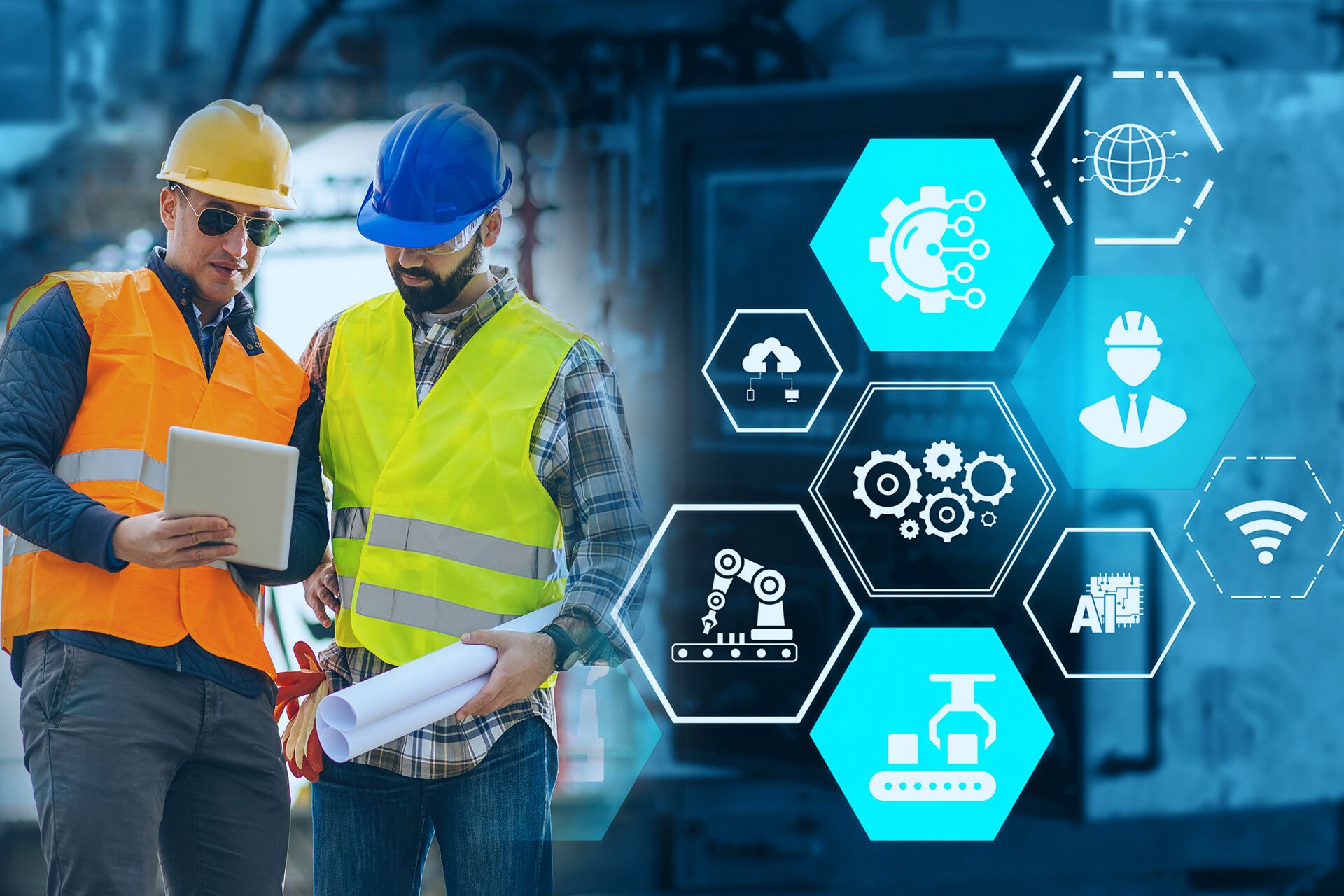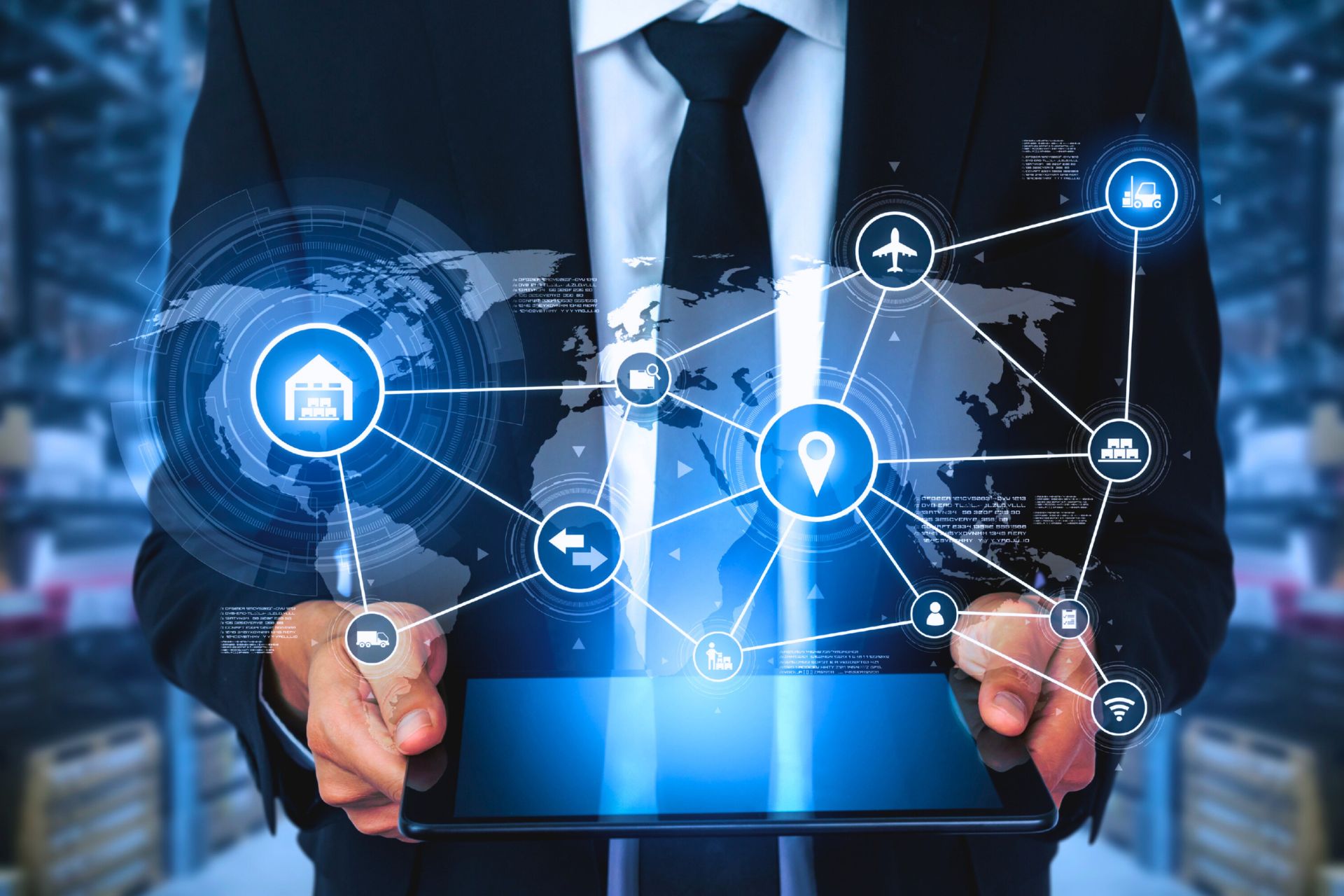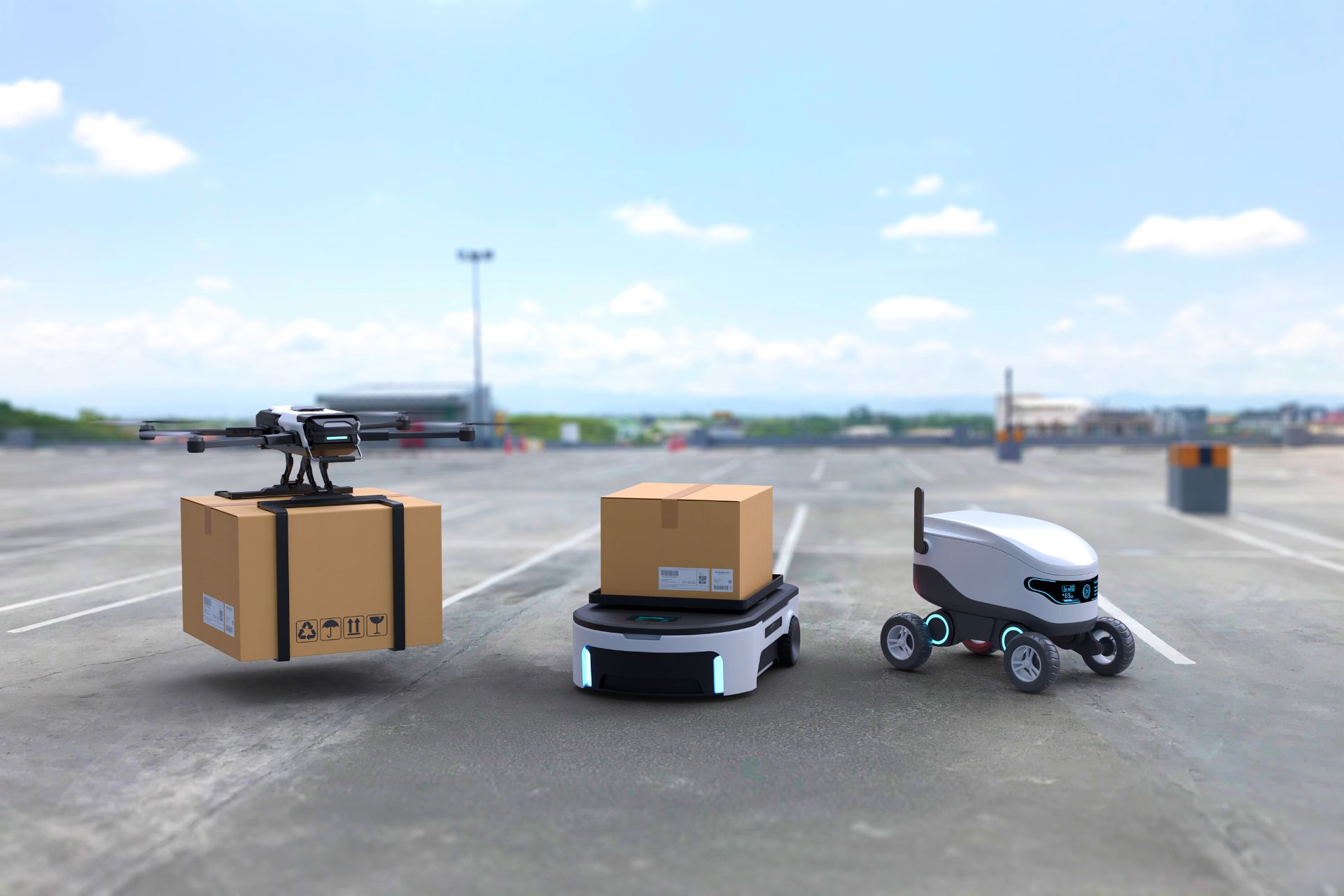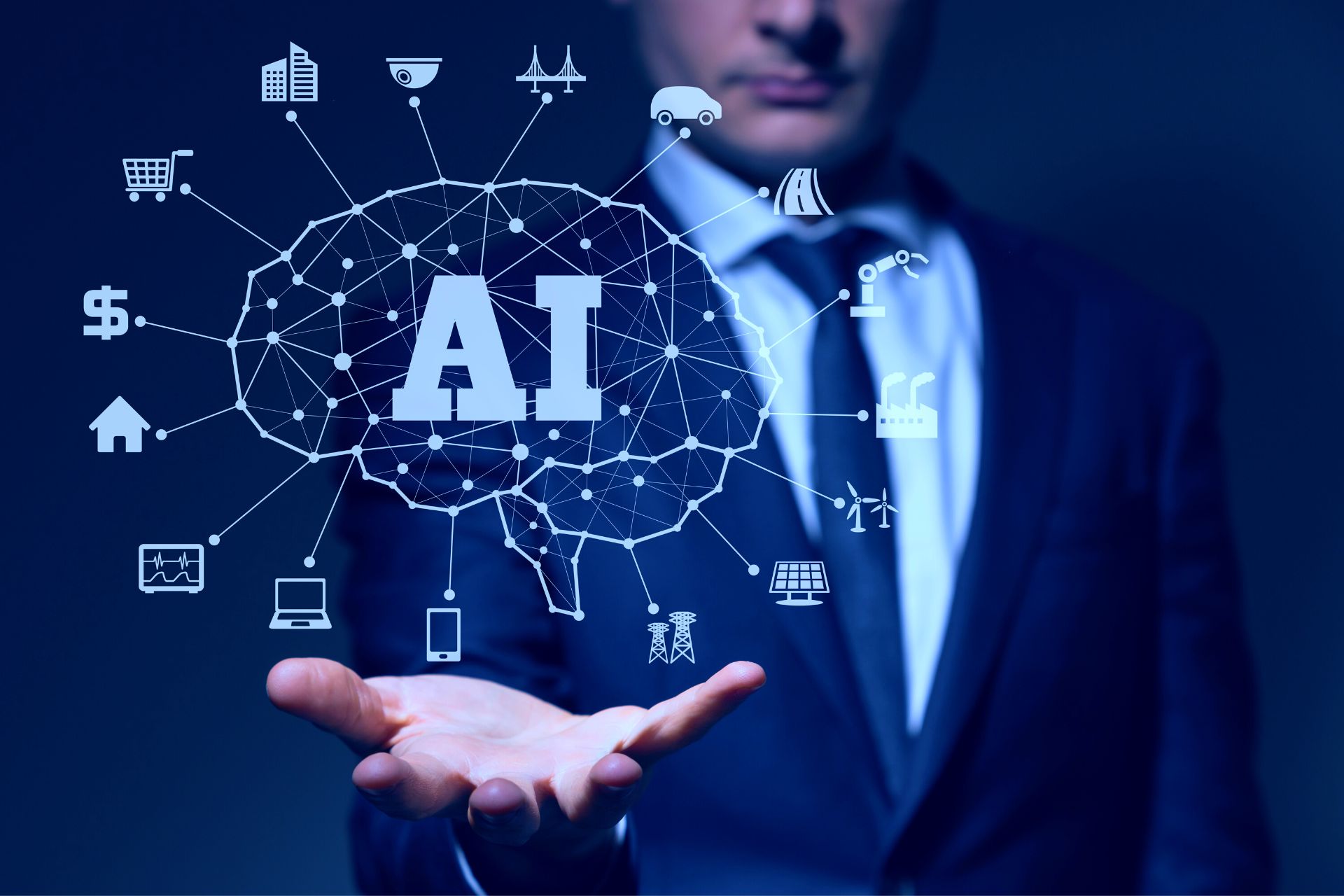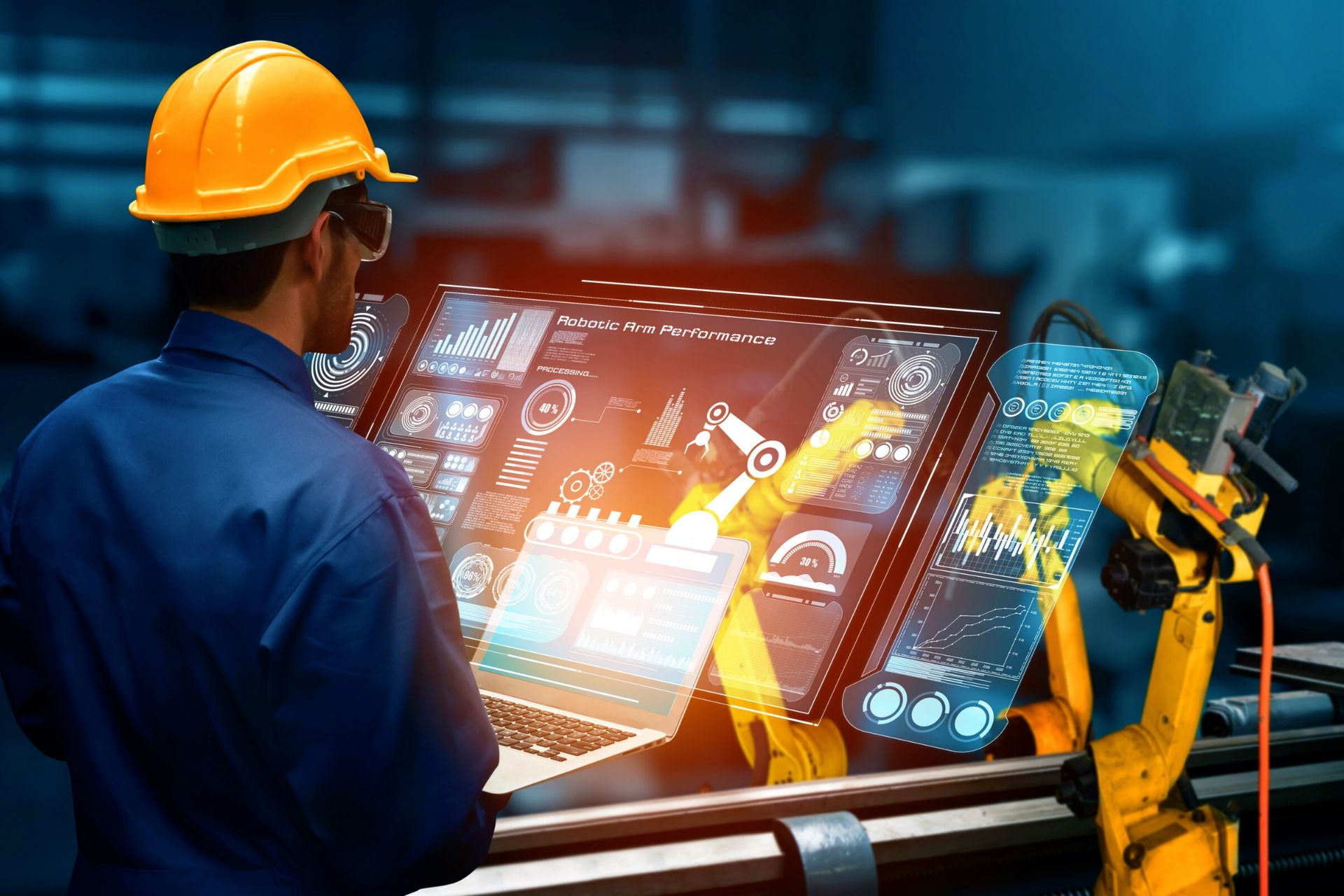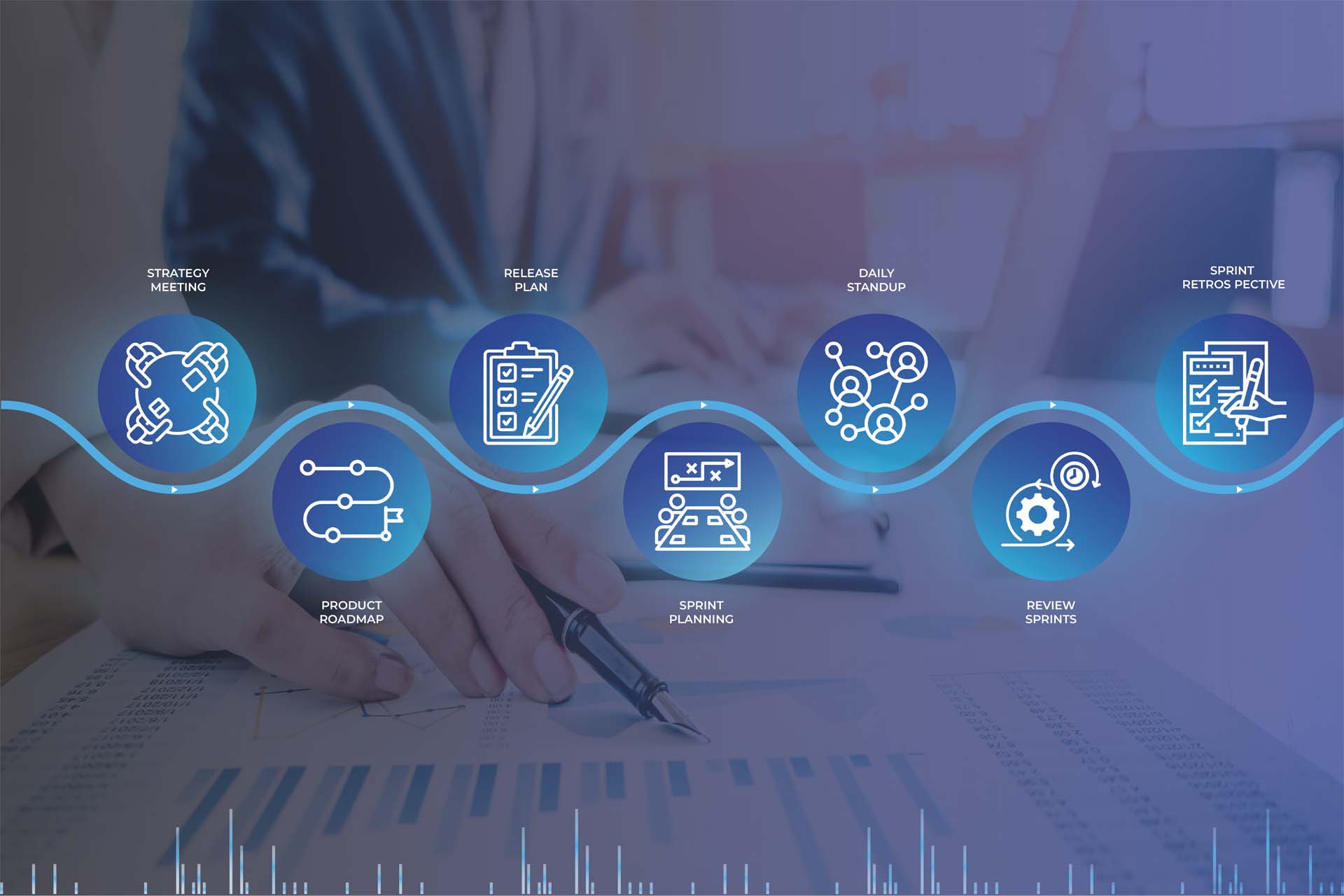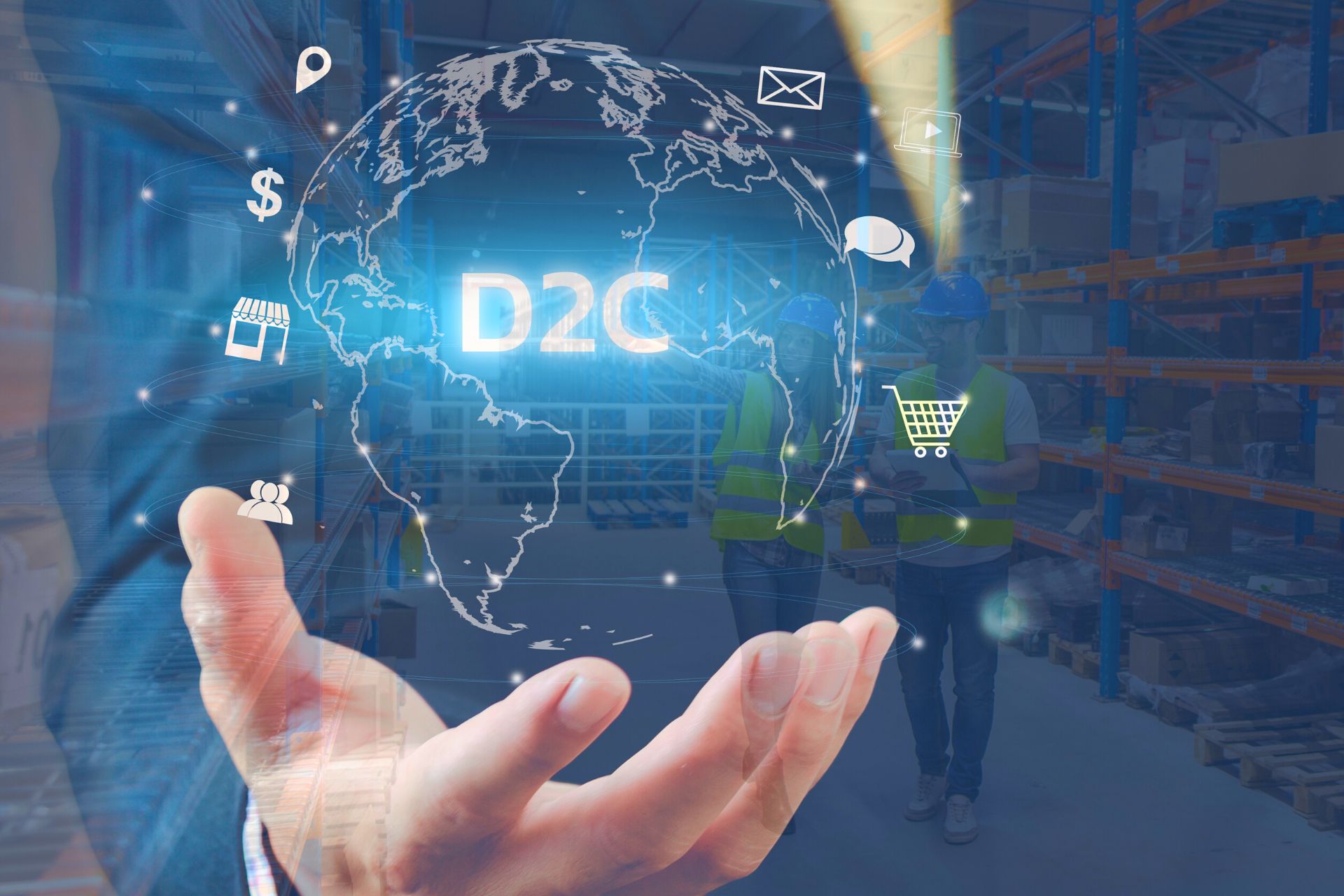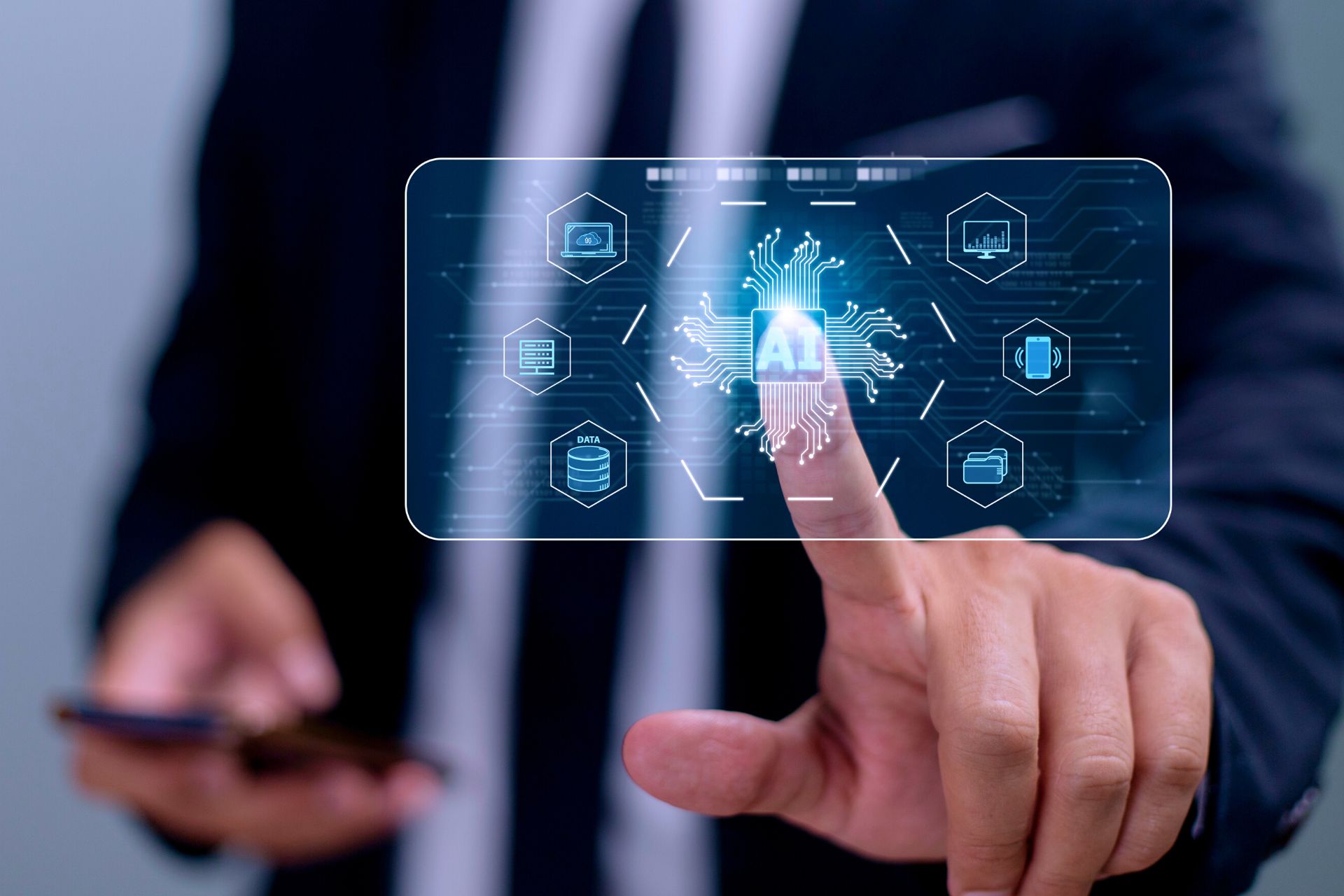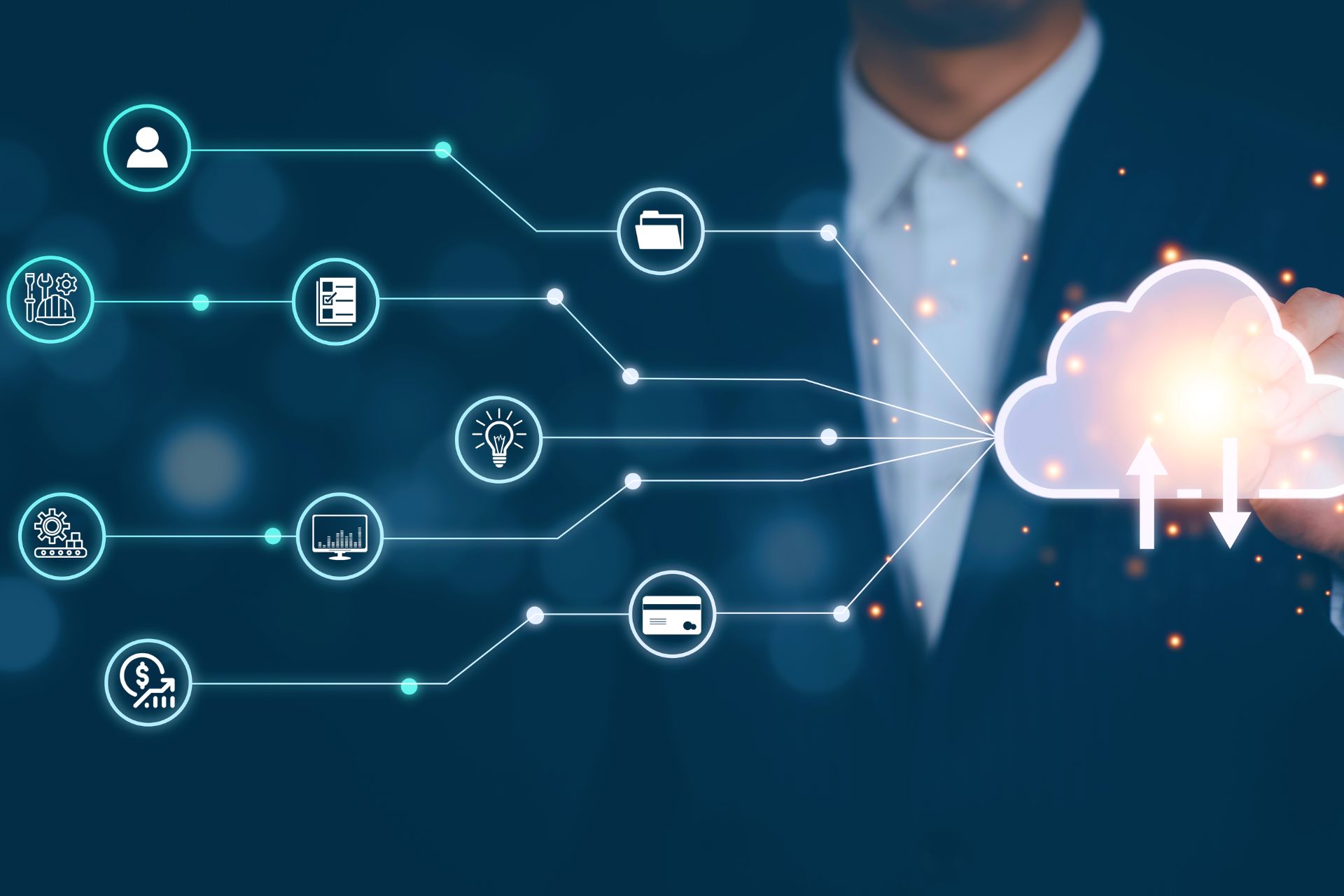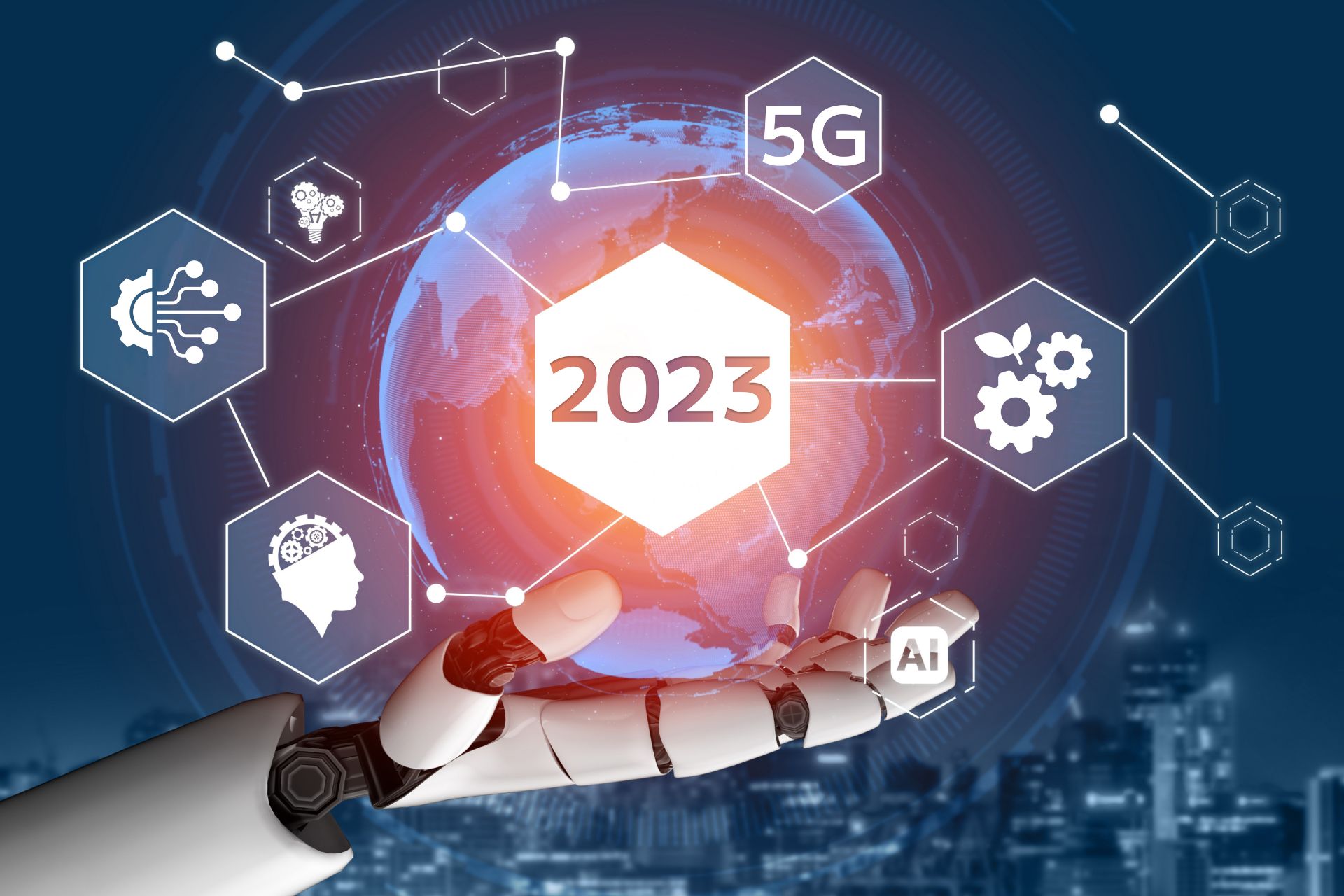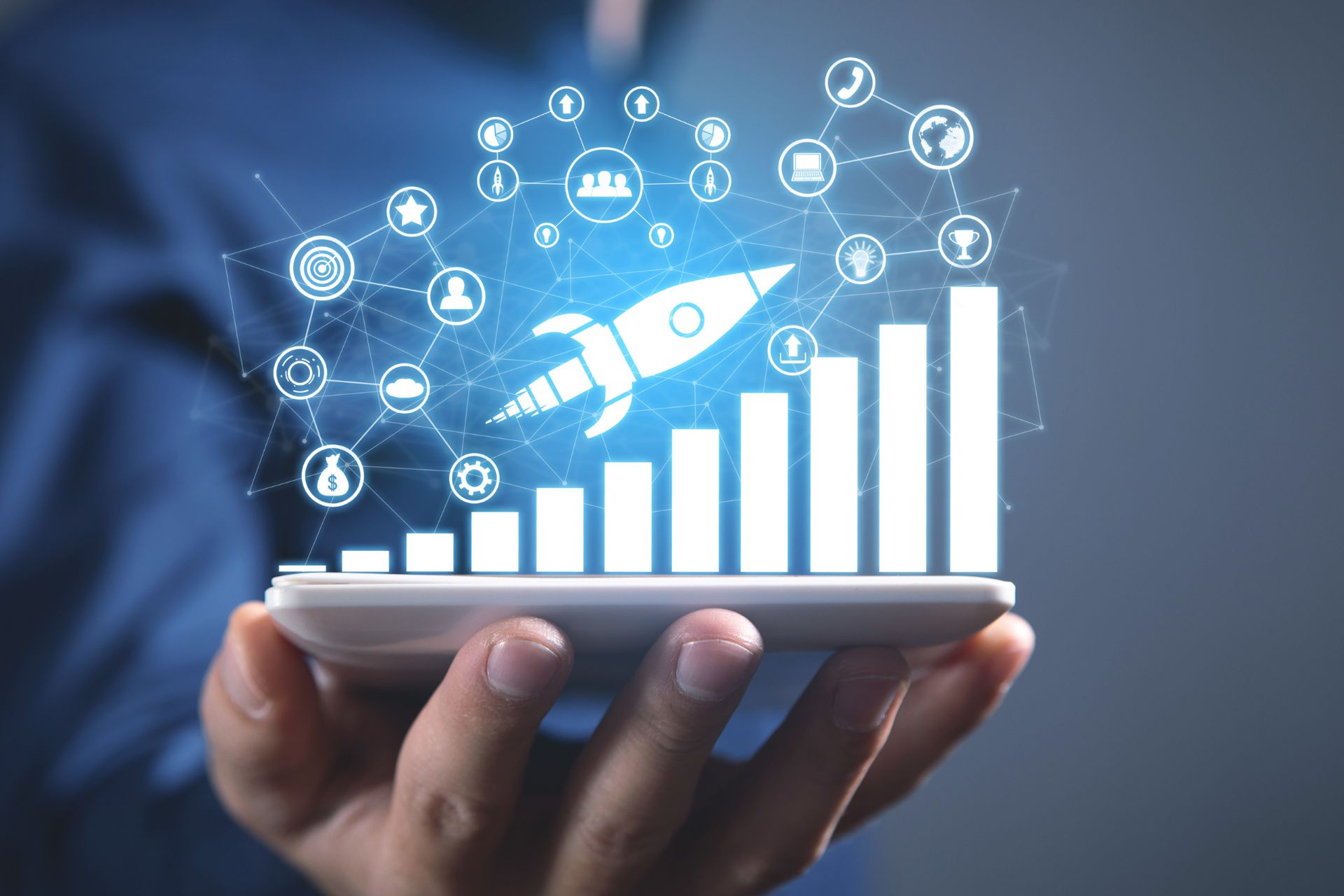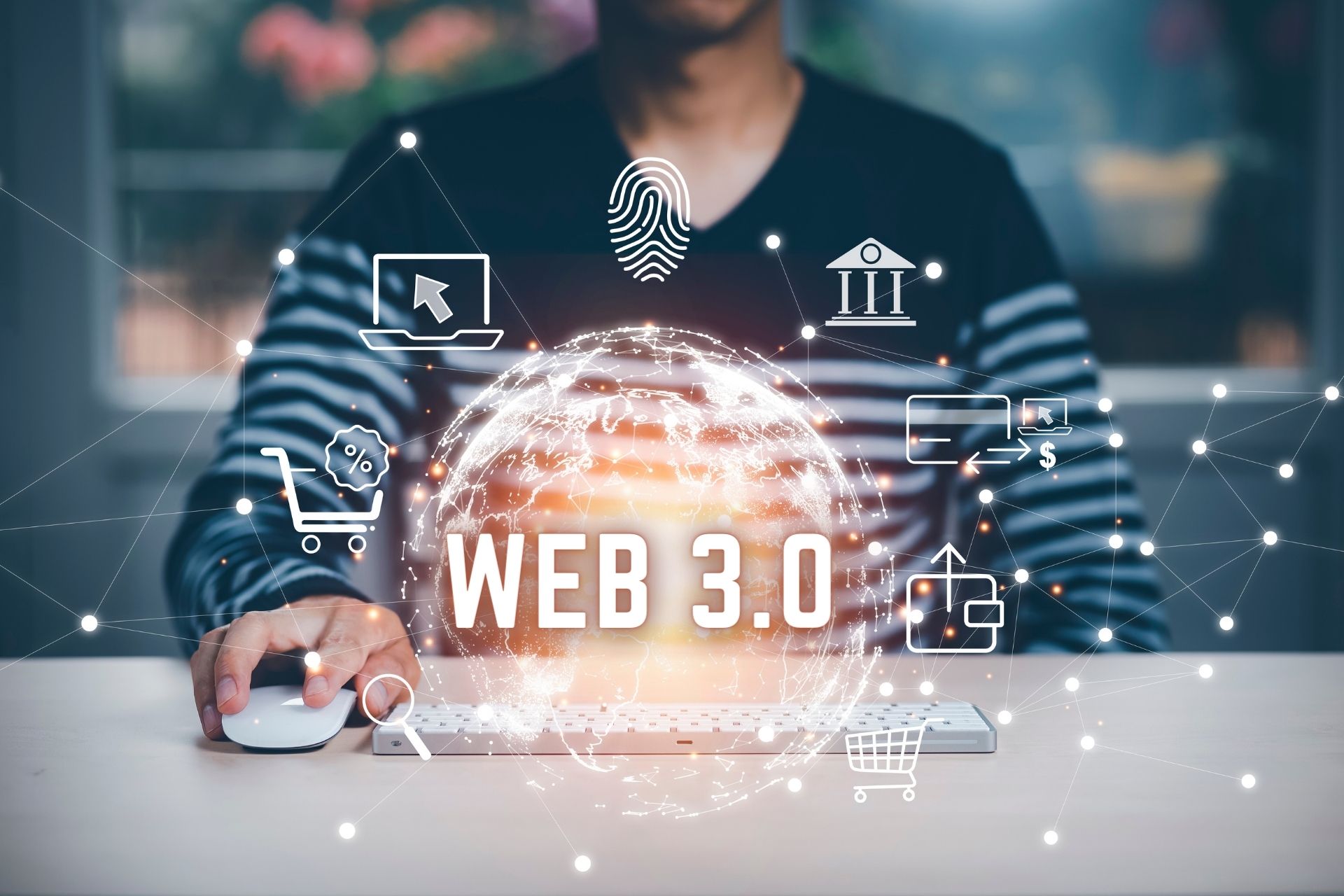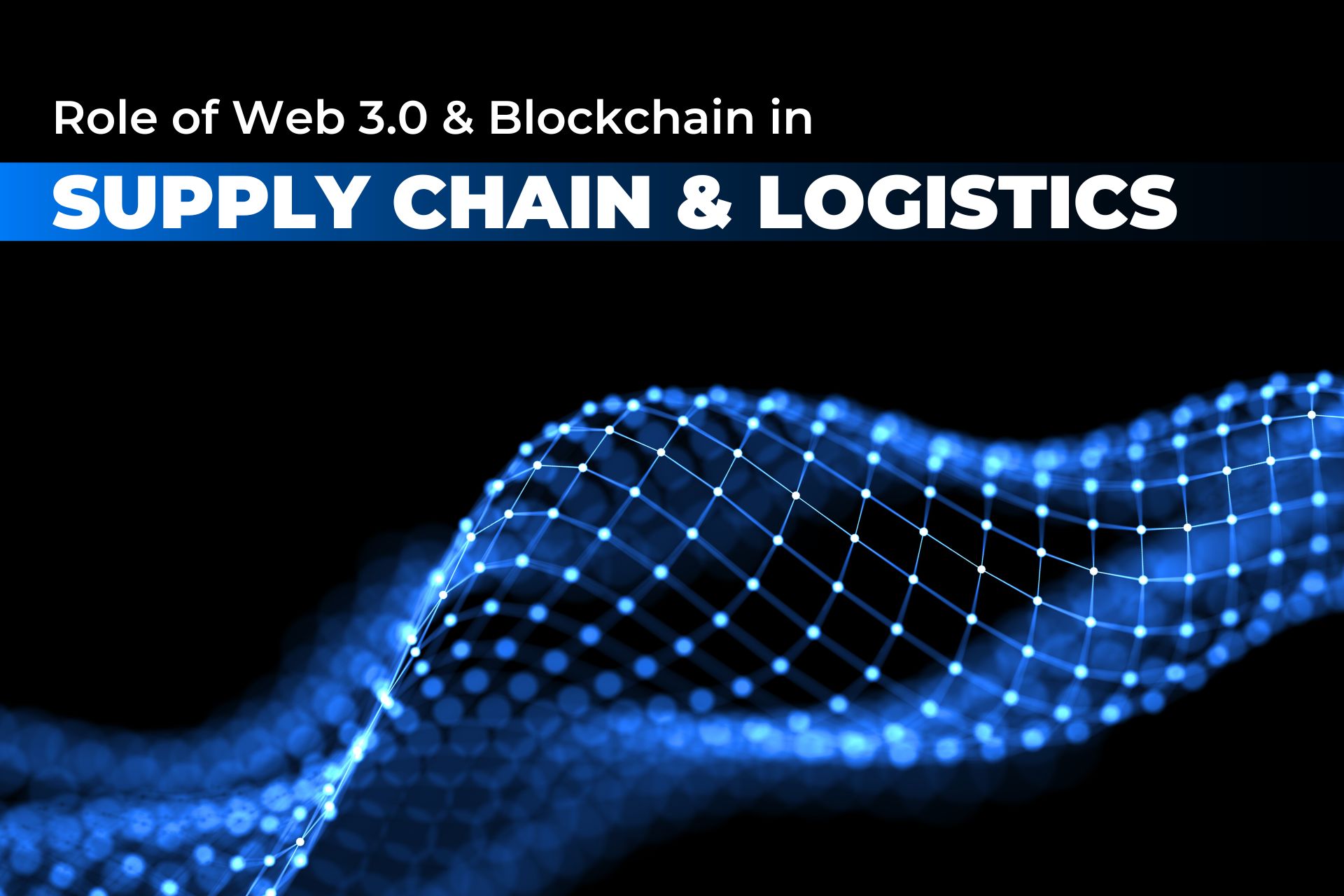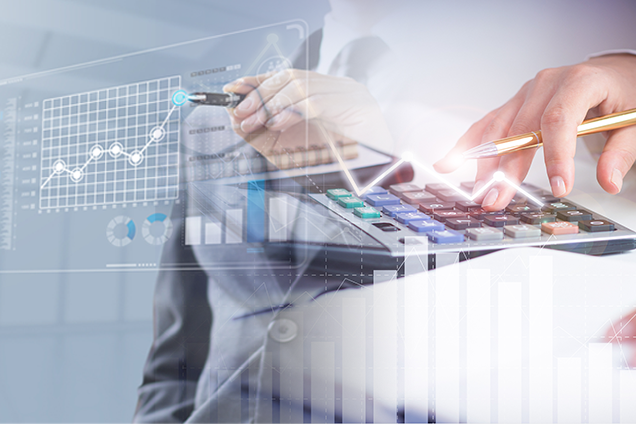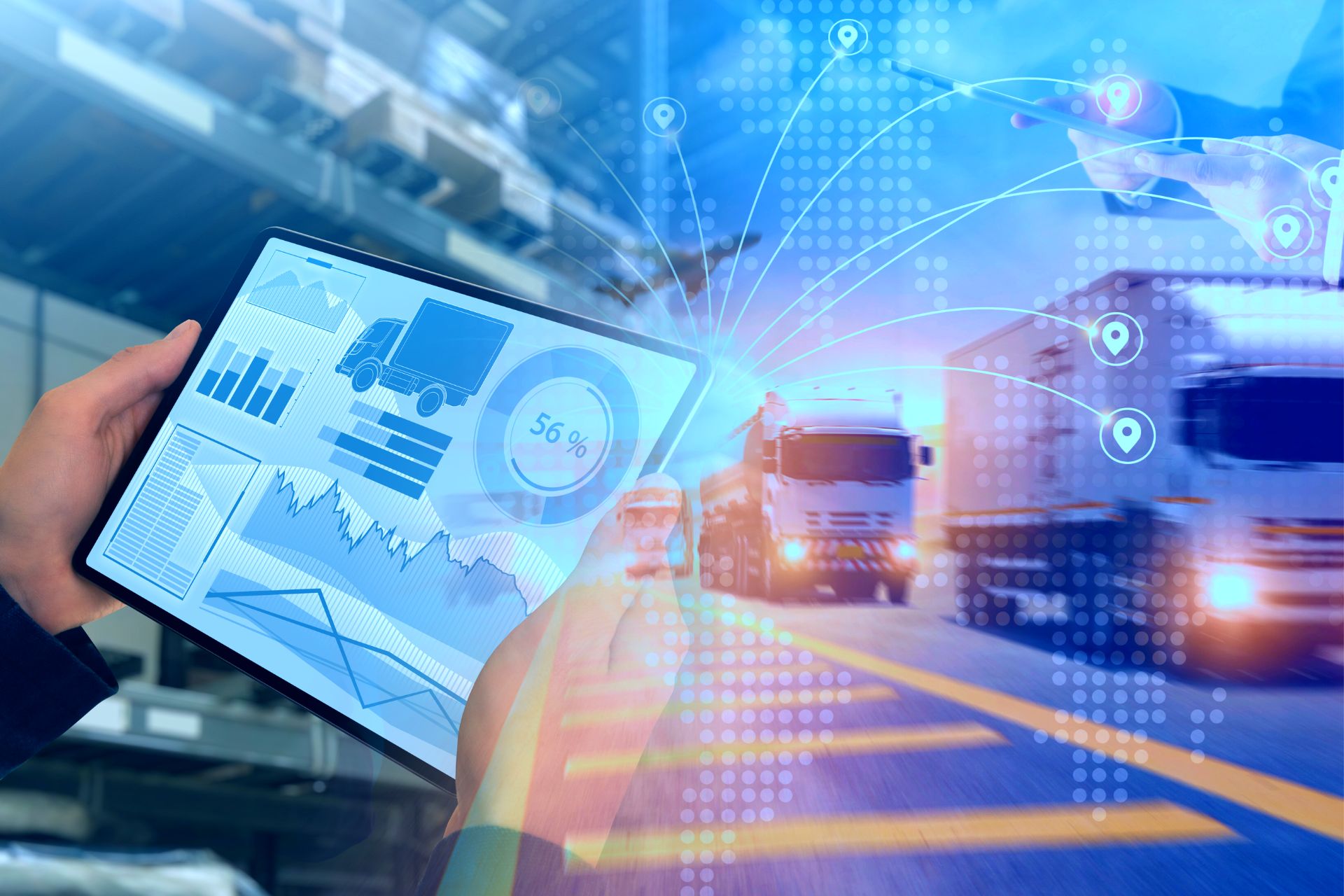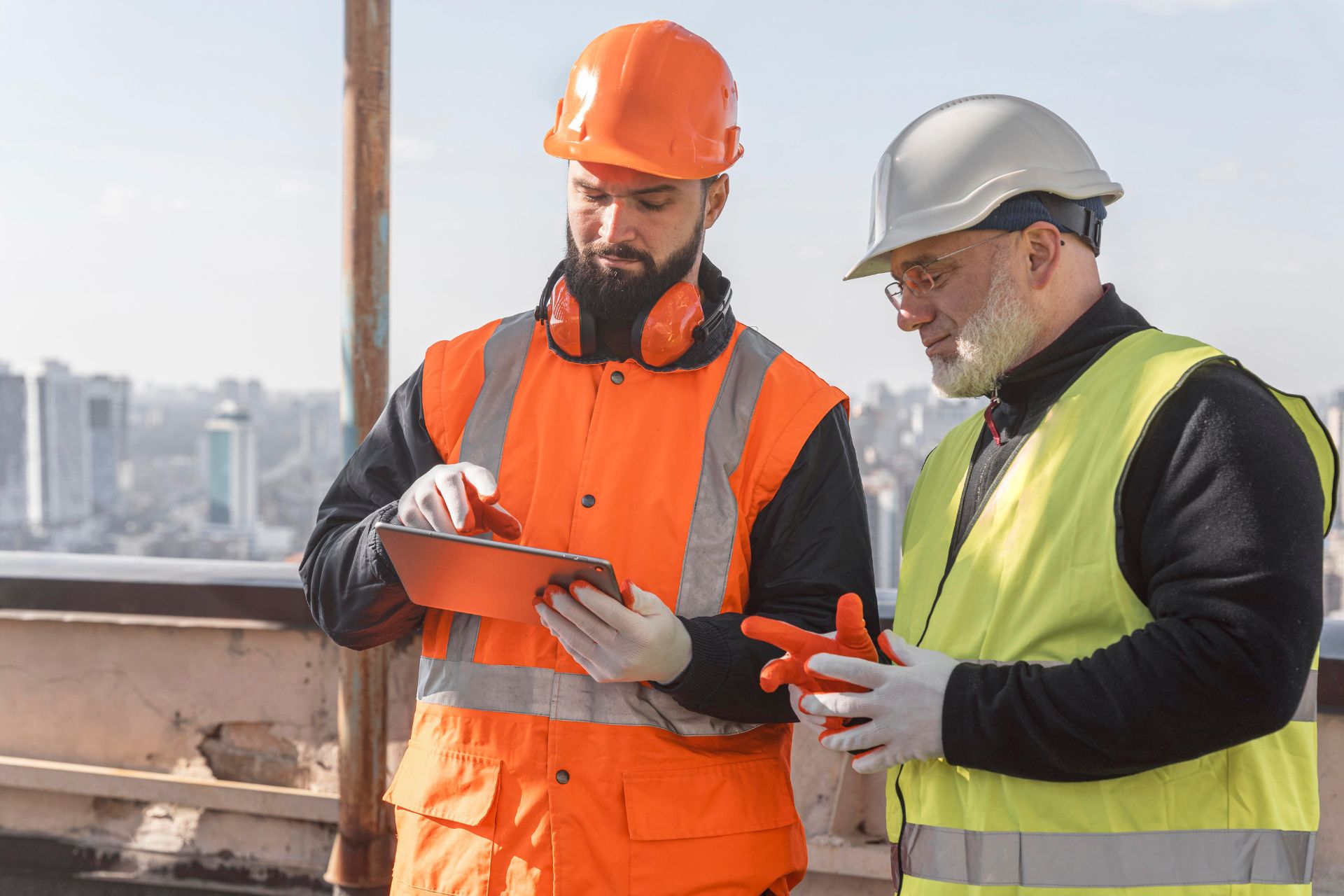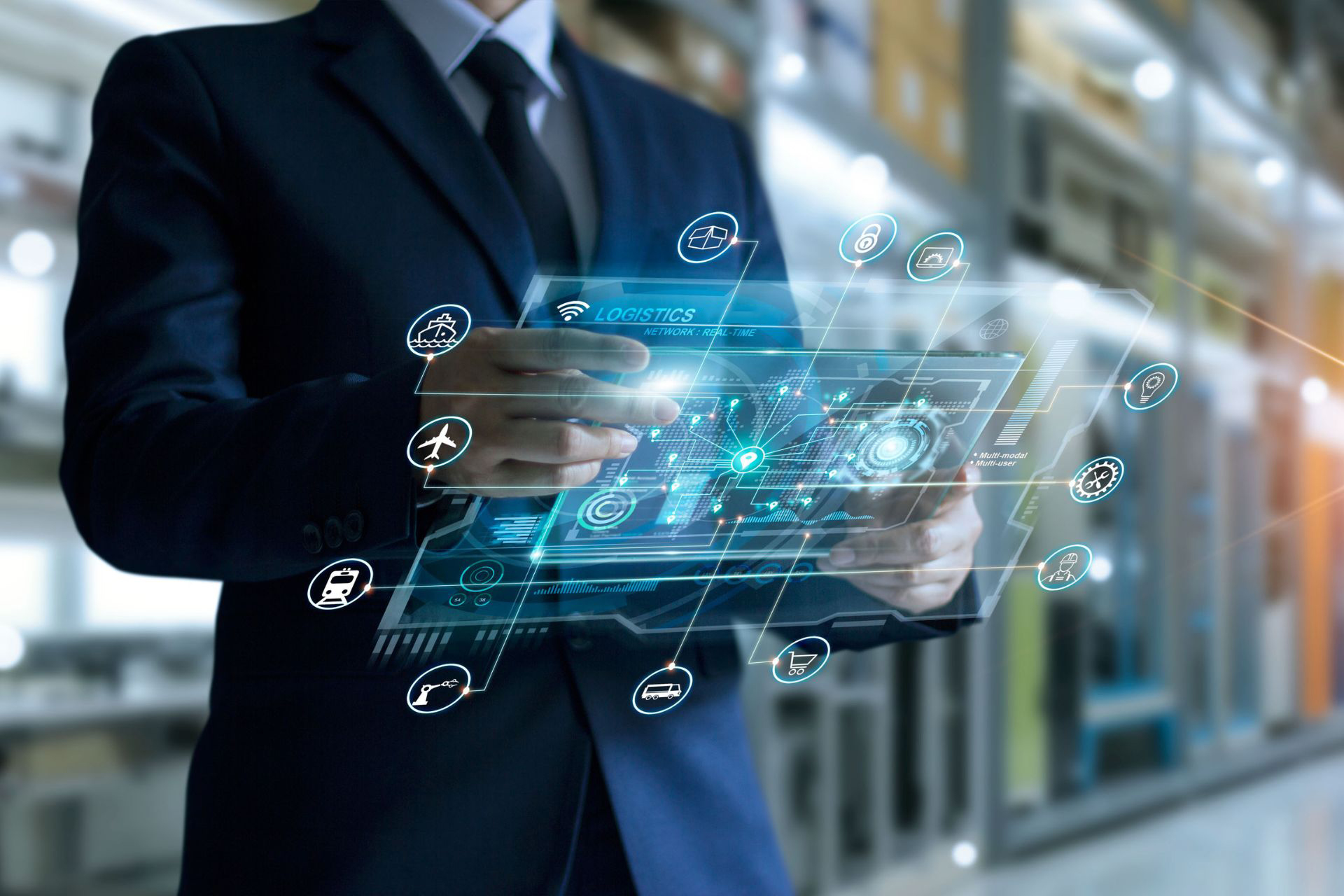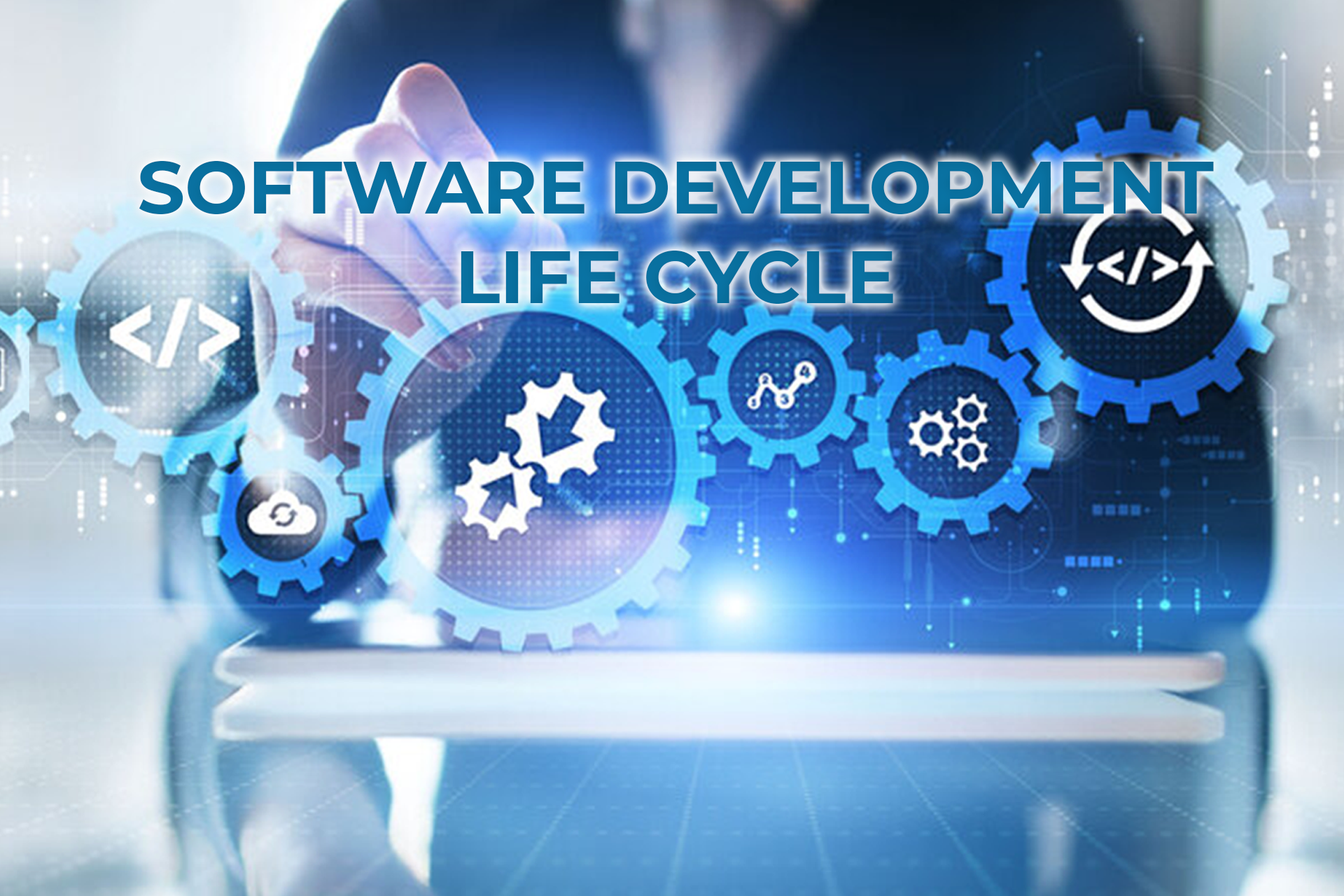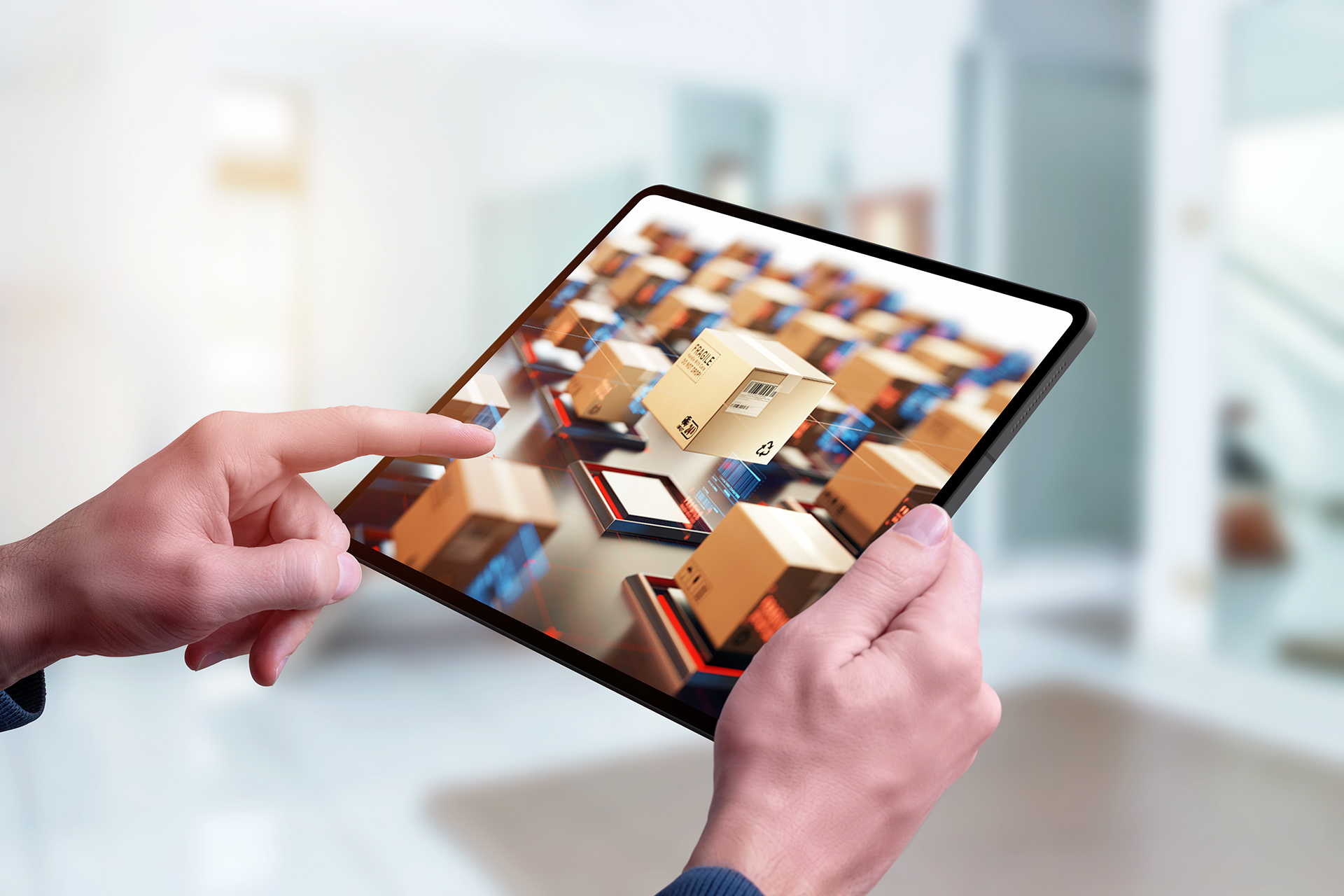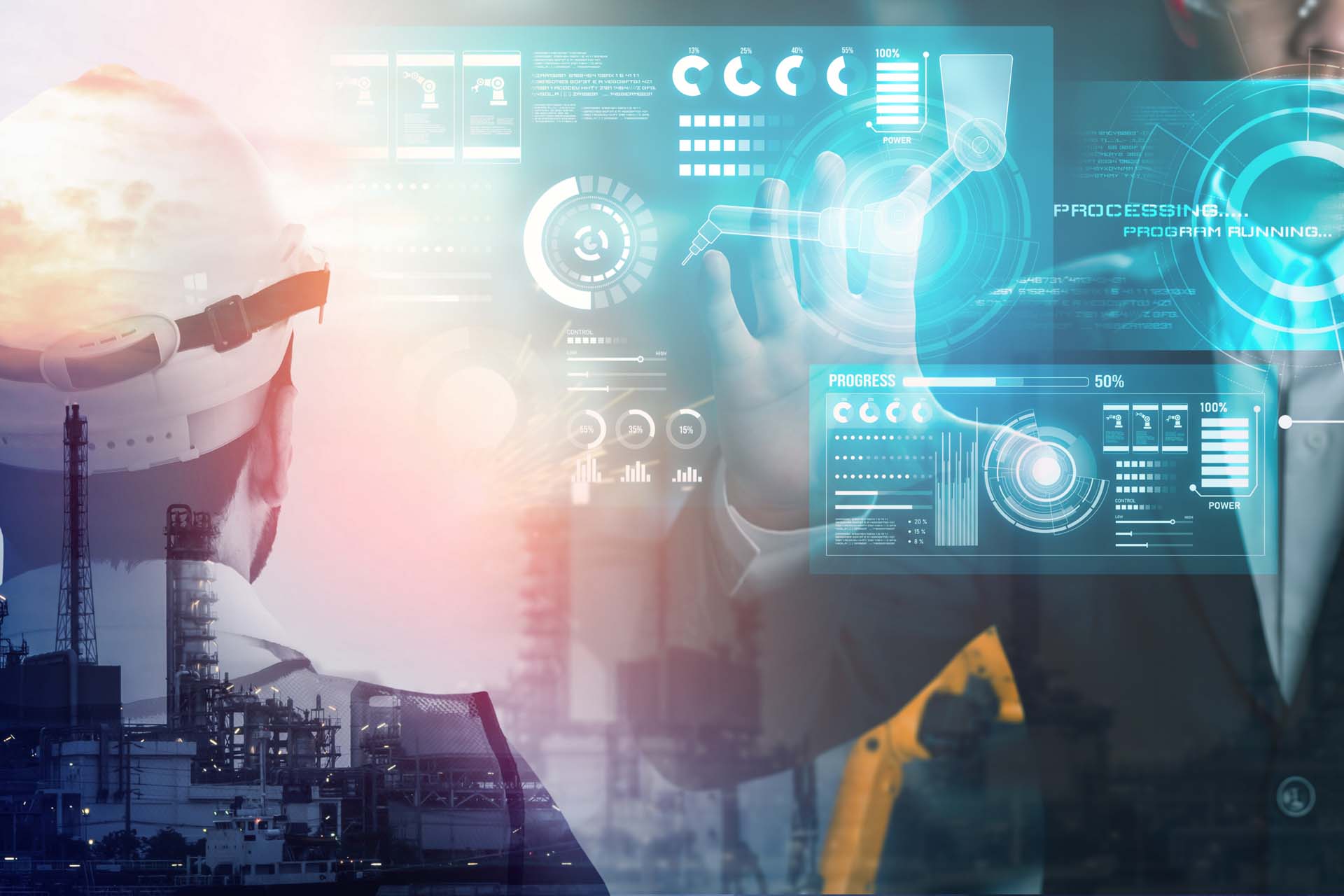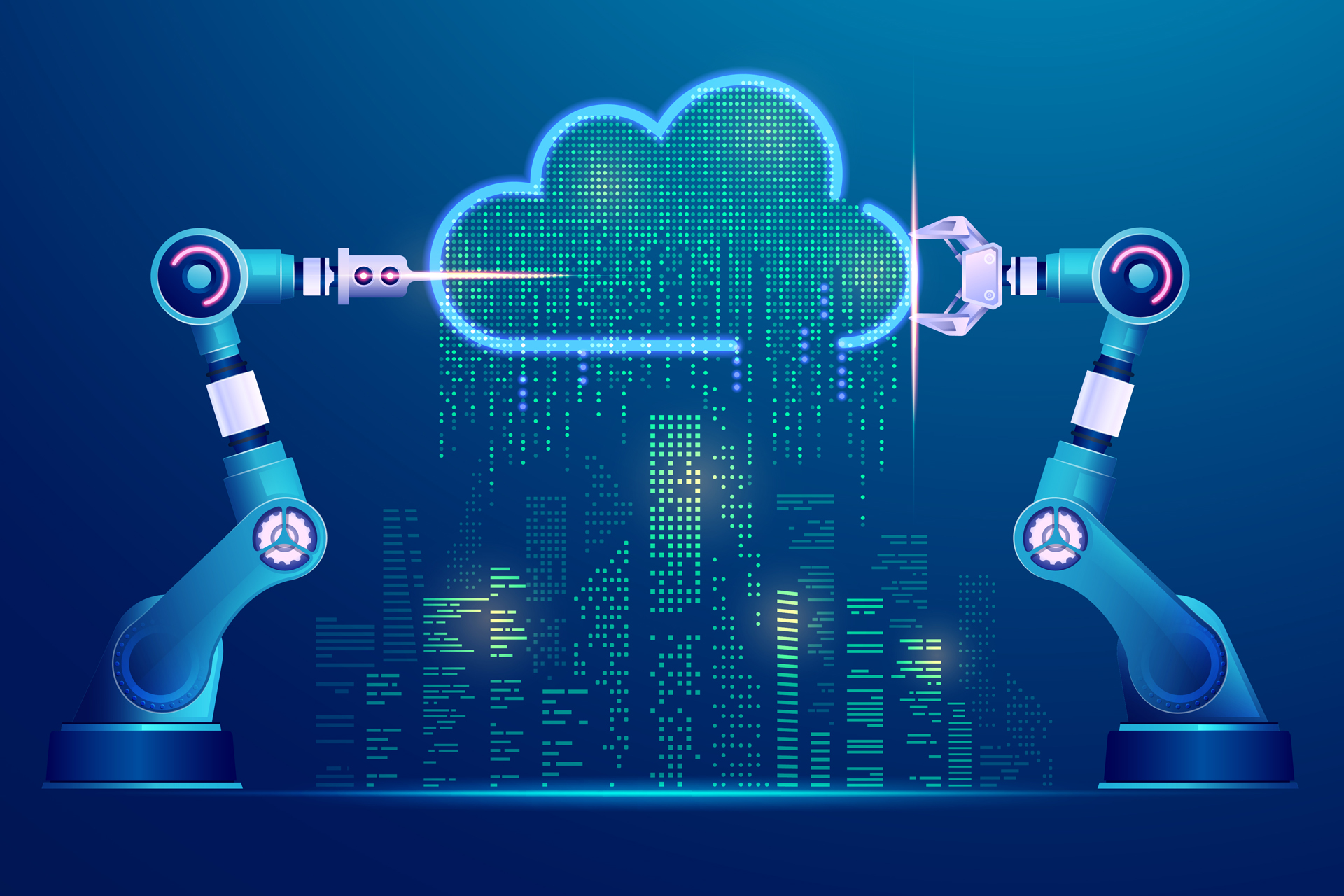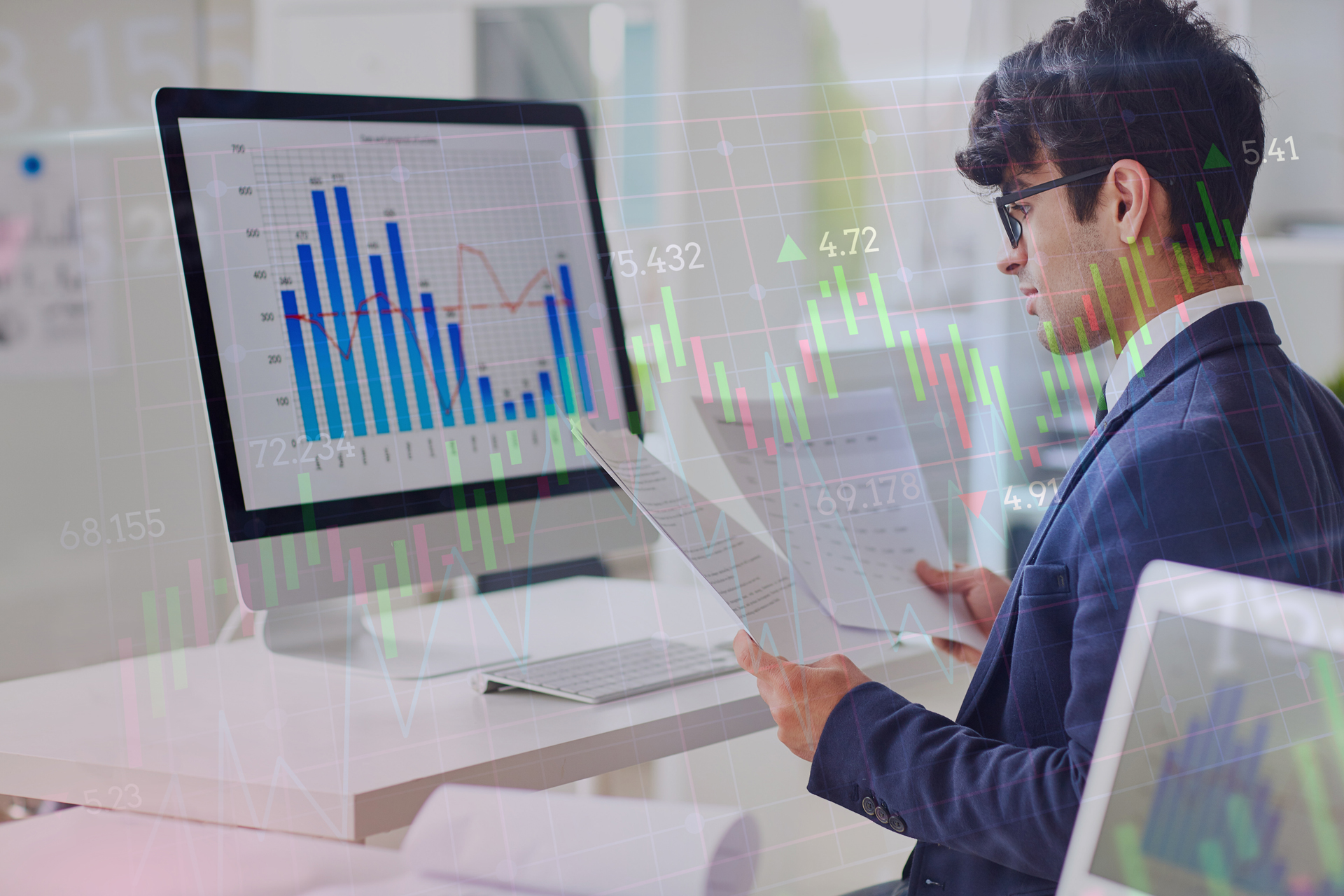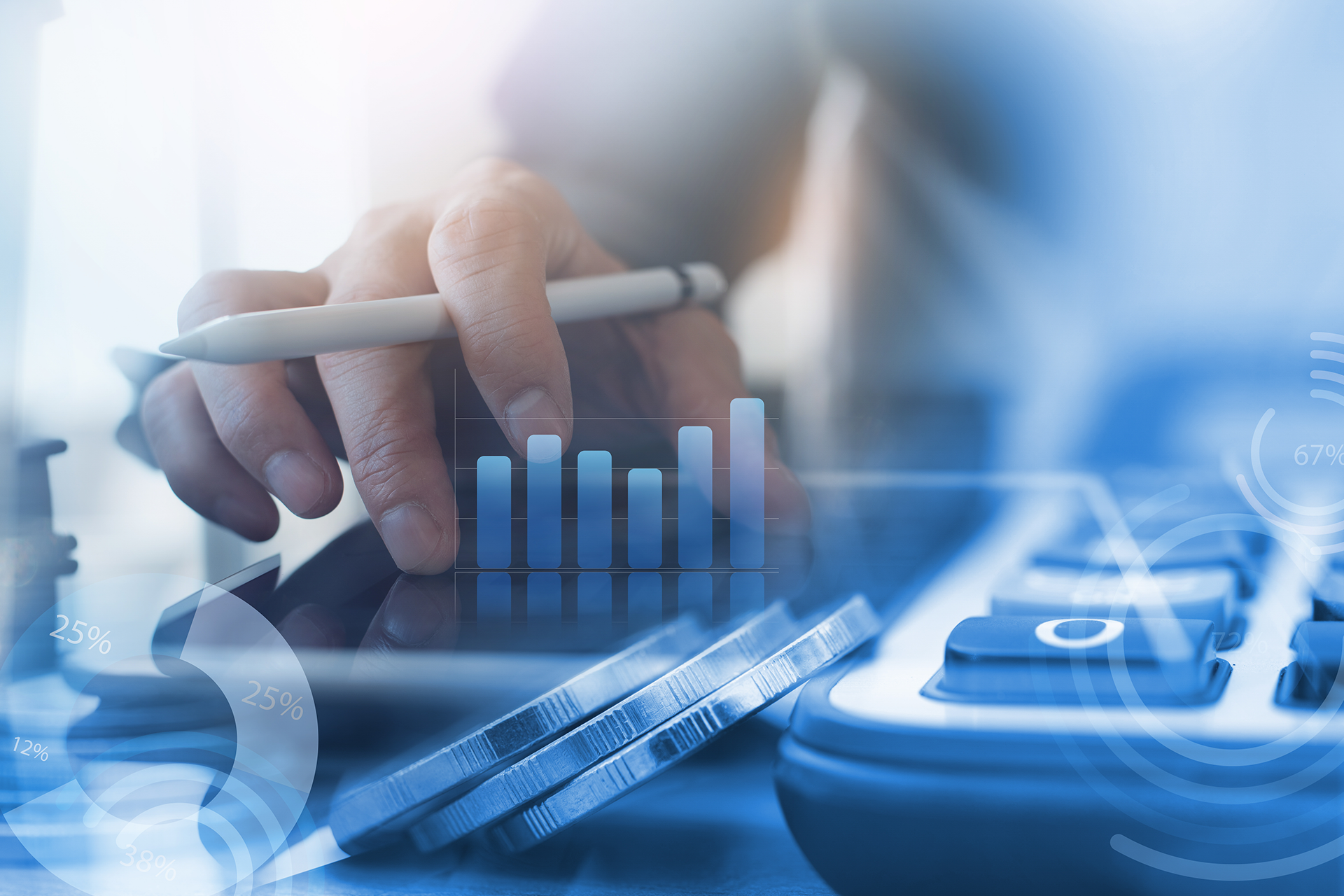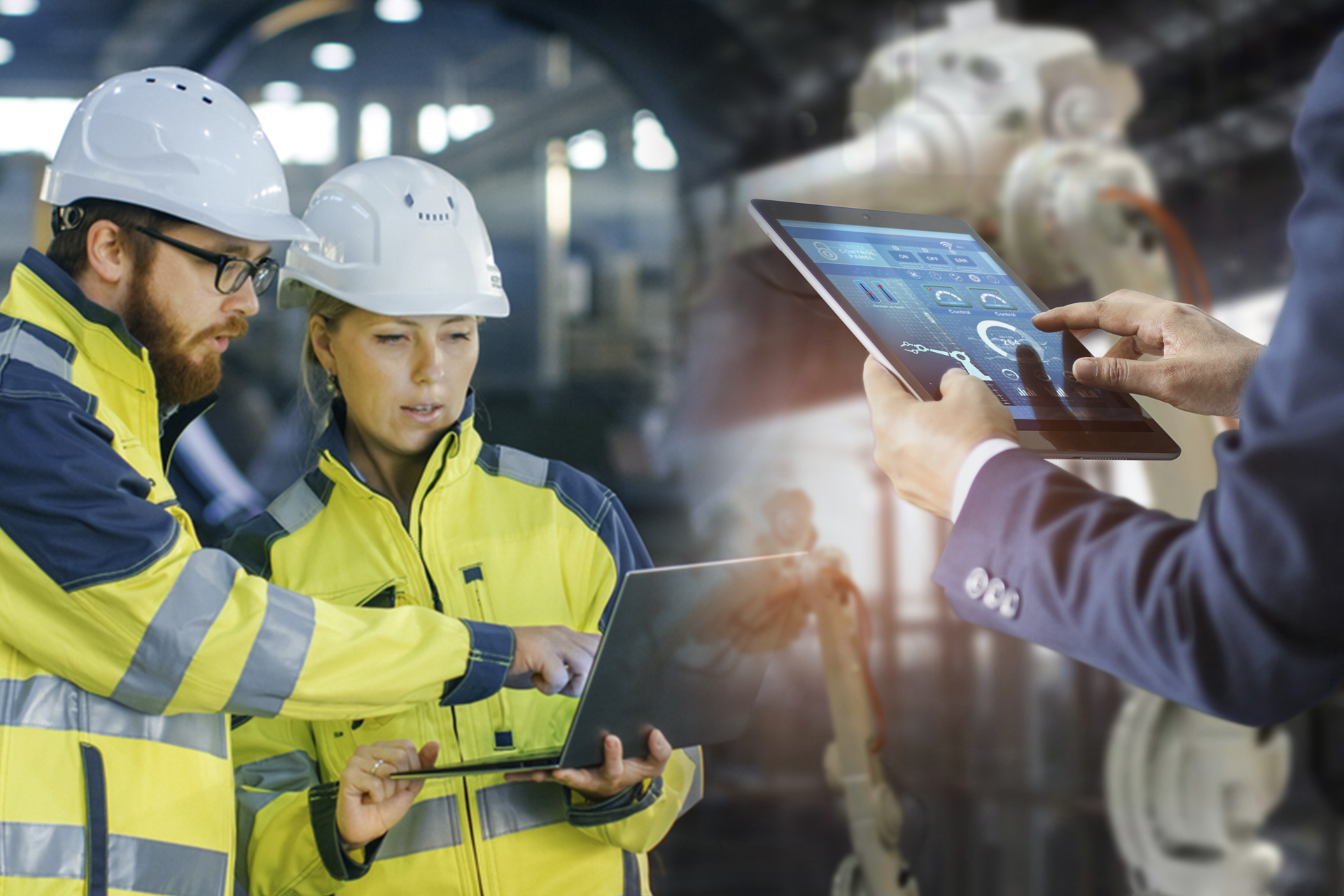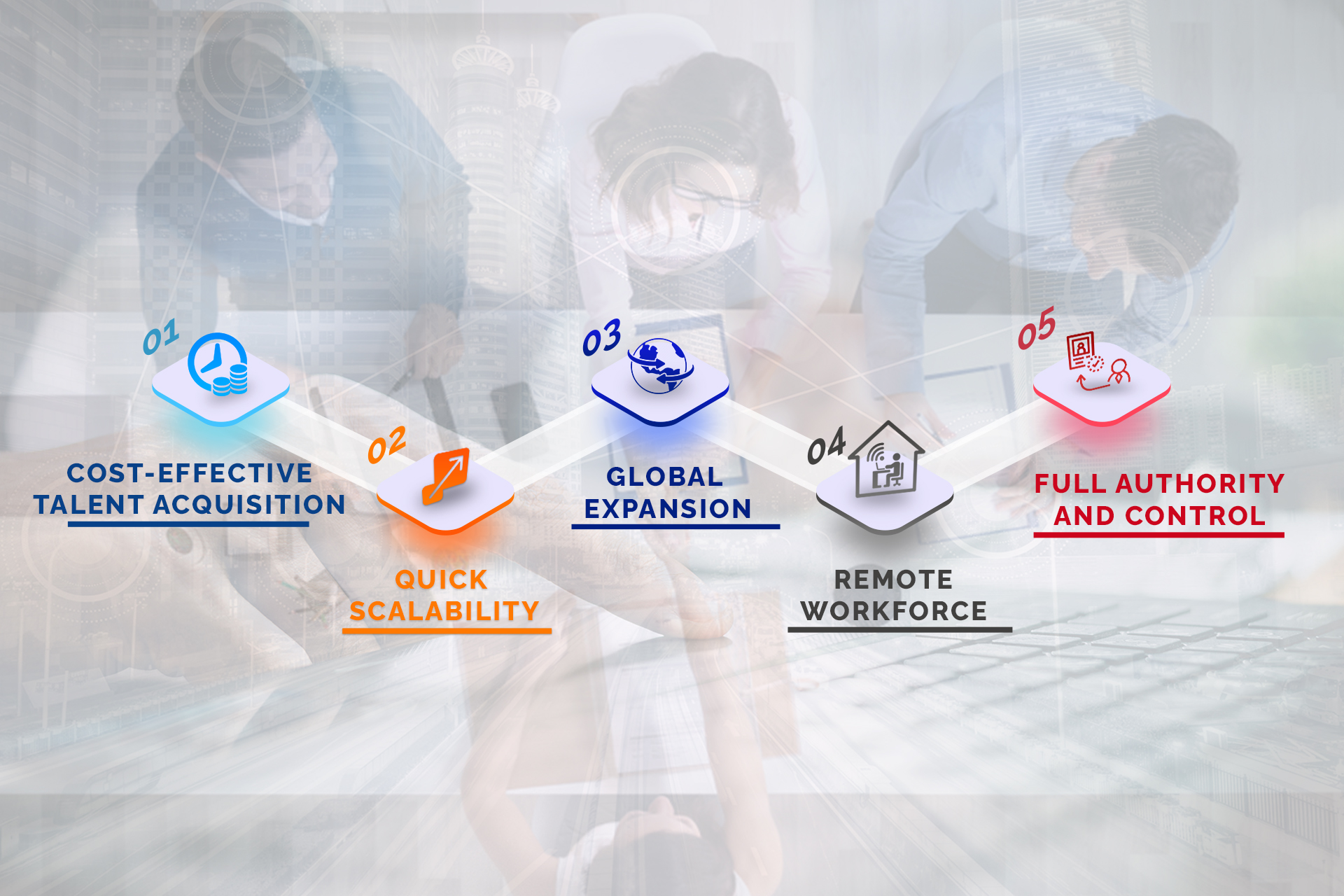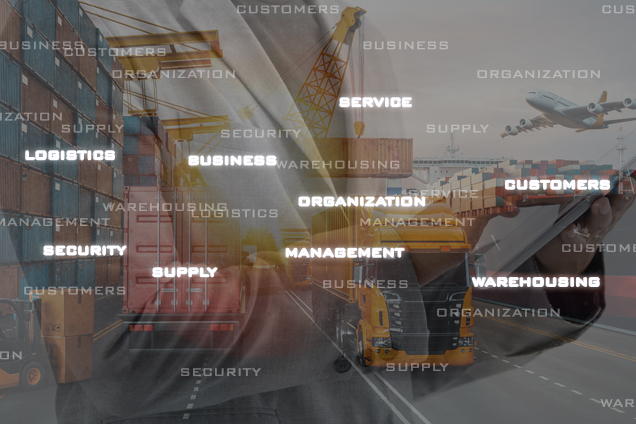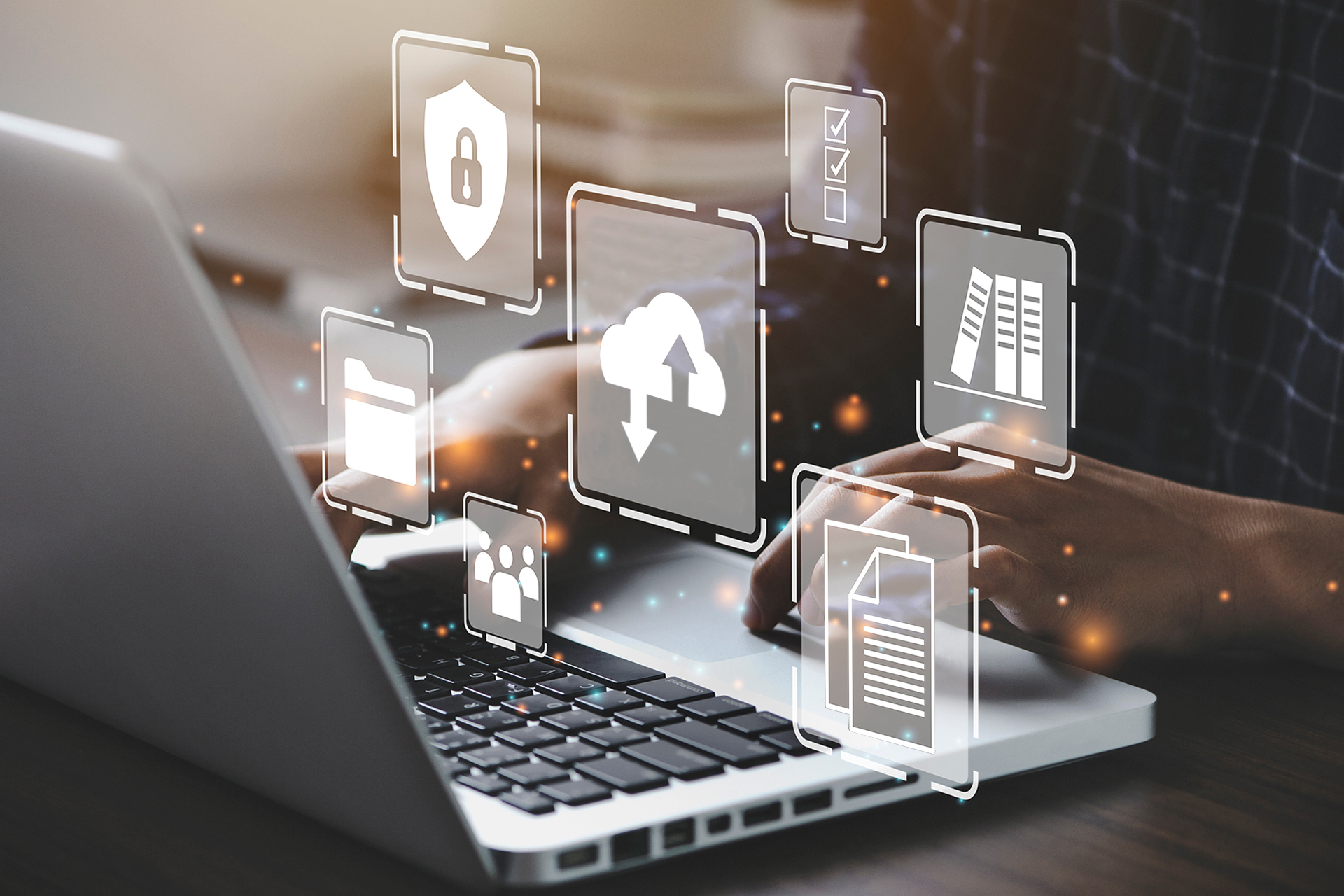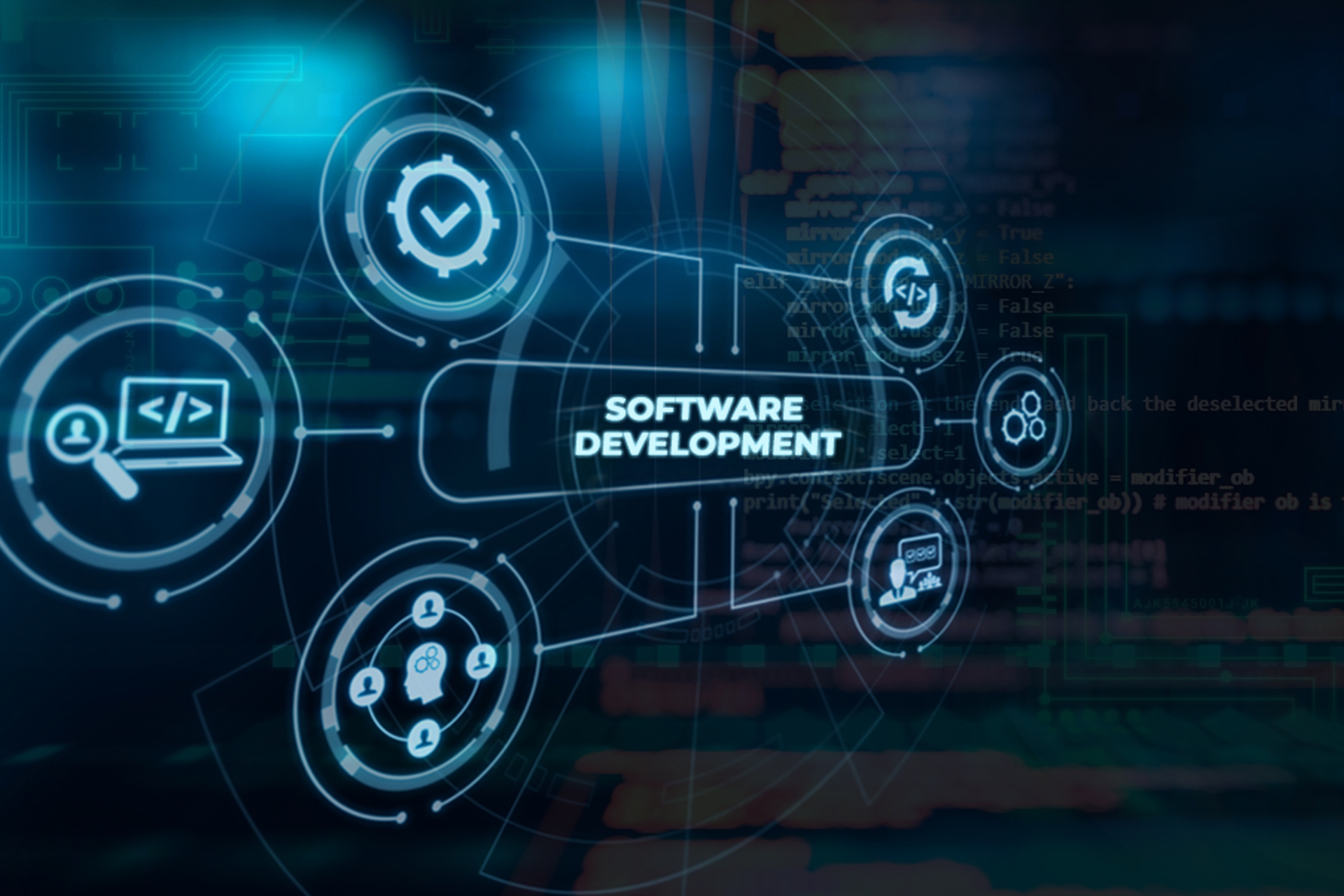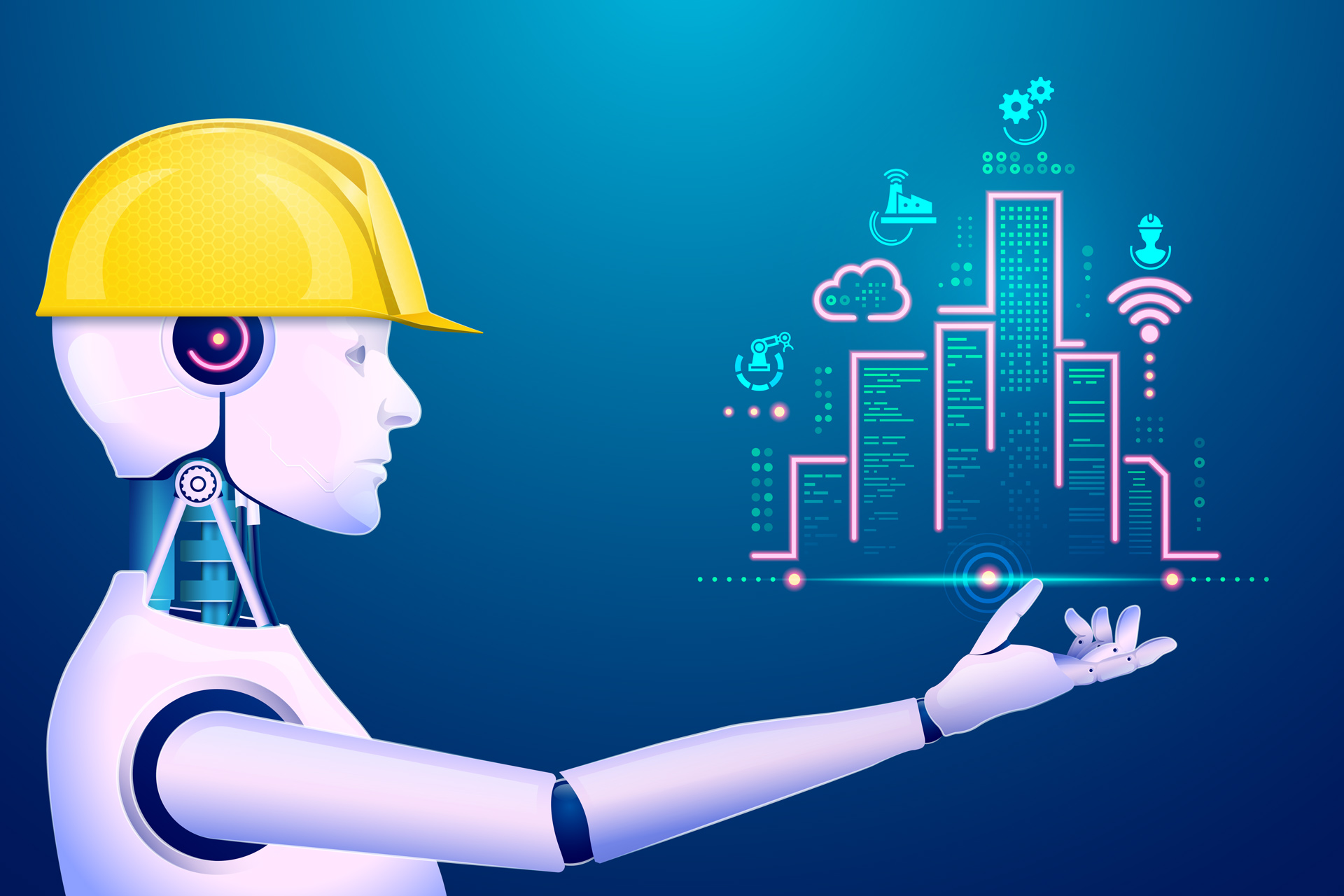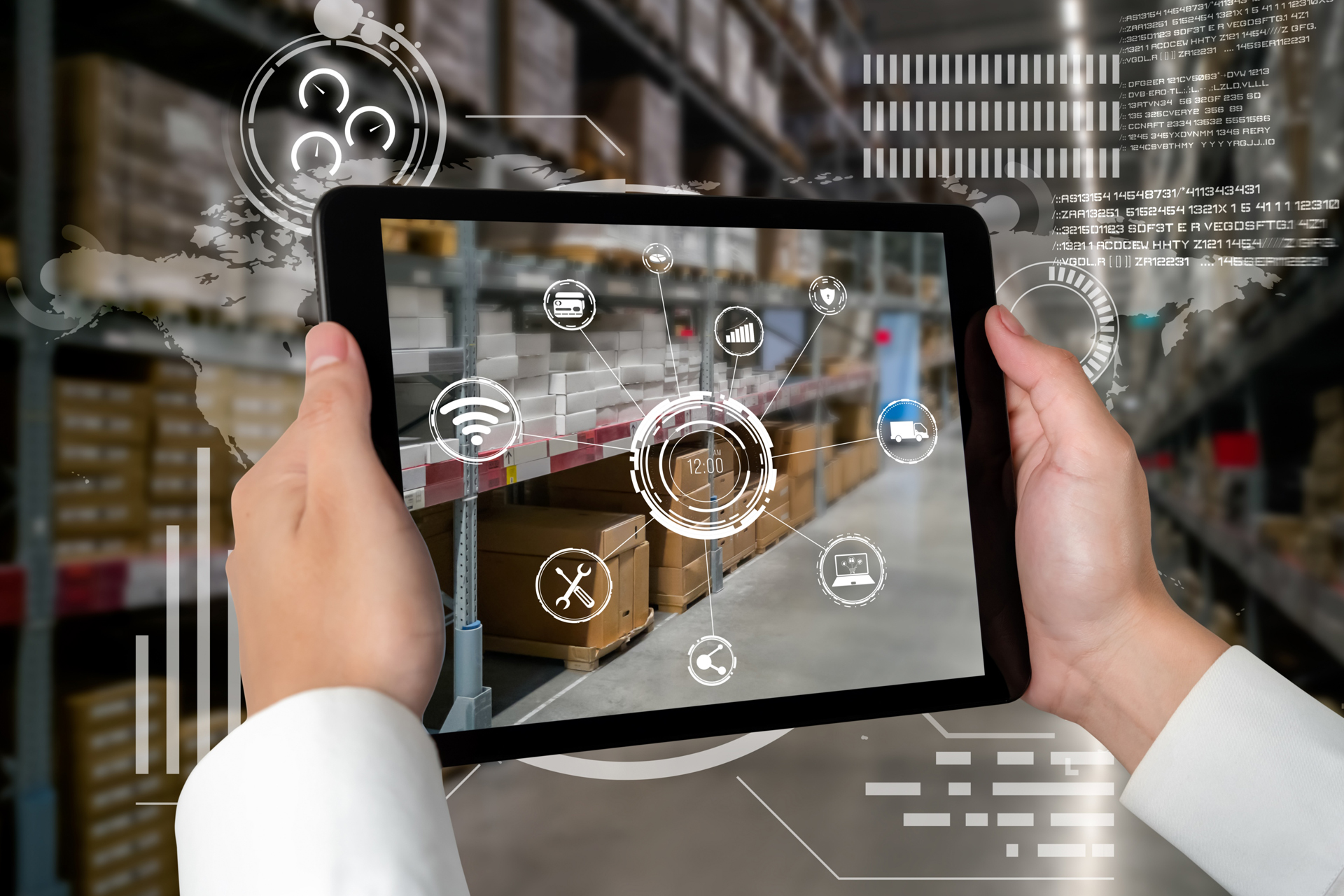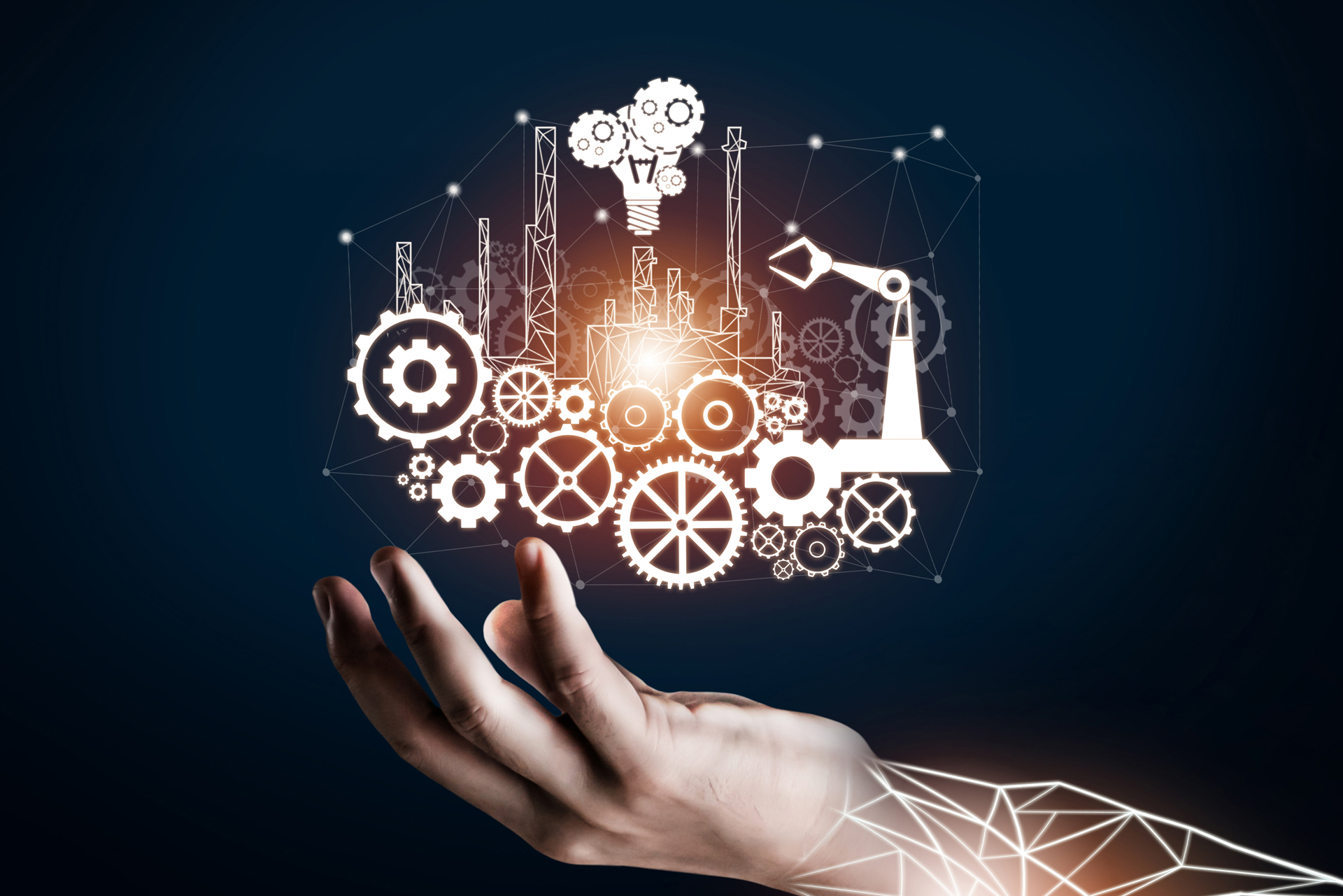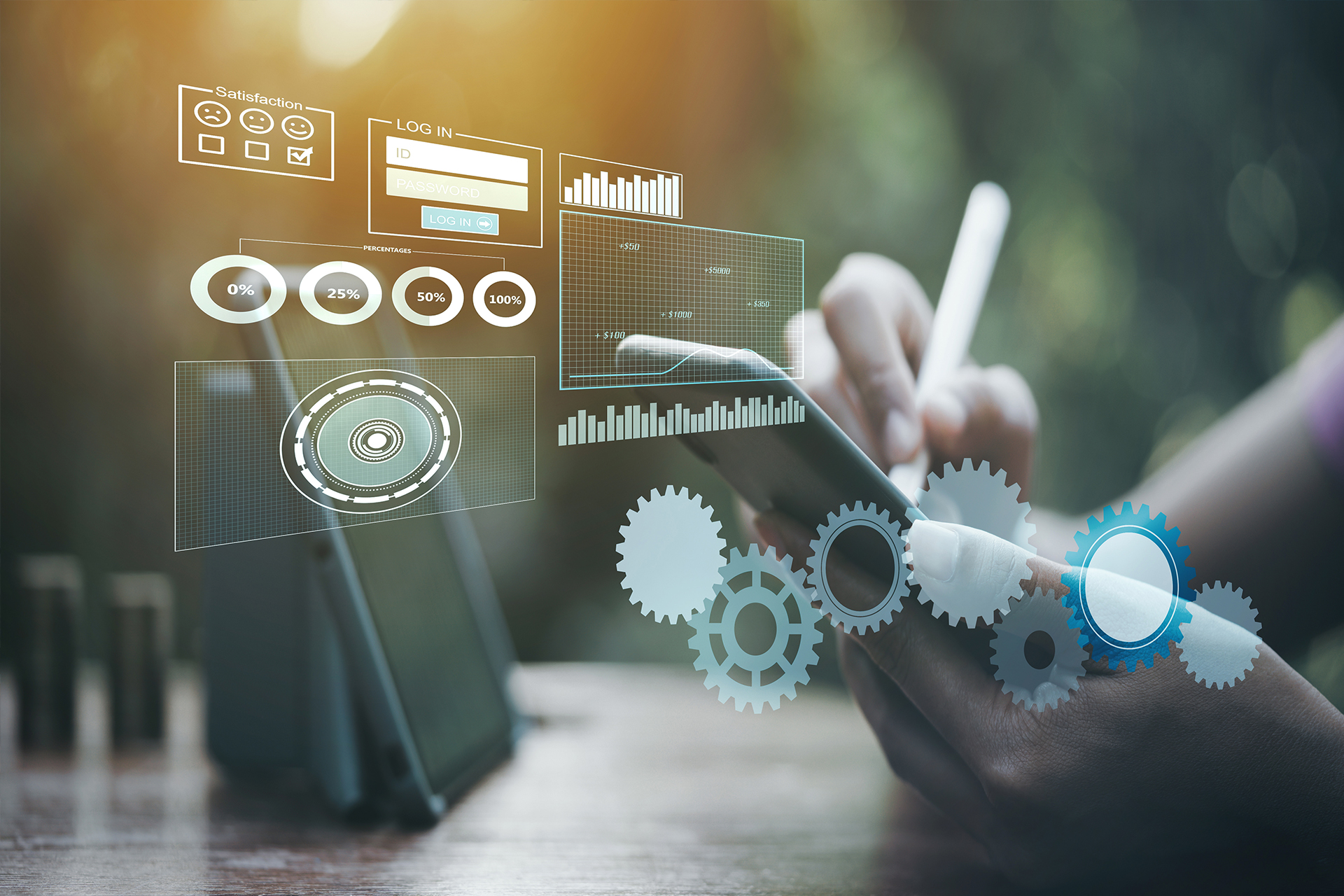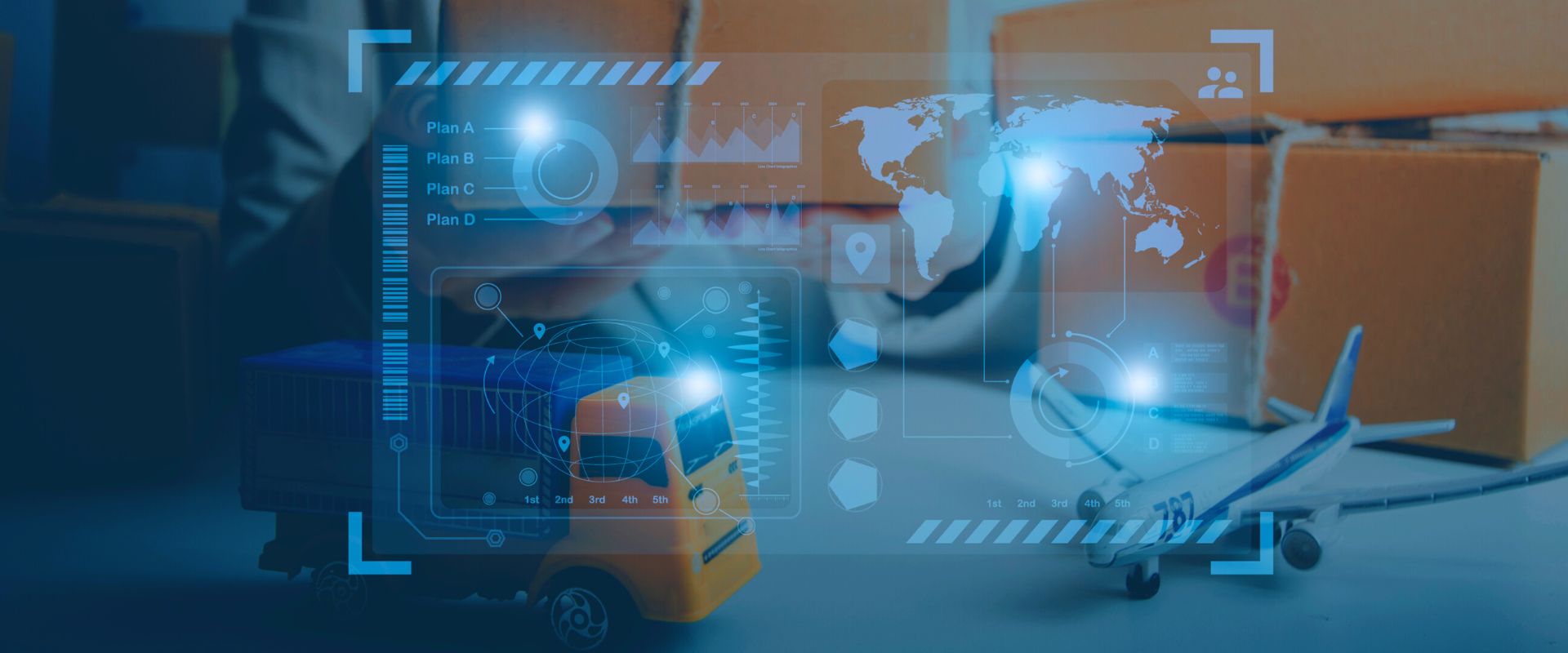
The Future of Logistics: A look at the transformative power of technology
By Admin
The logistics industry is the backbone of global trade and commerce, continually adapting to the ebb and flow of technological advancements and economic shifts. Despite its overall resilience, persistent challenges like supply chain disruptions, escalating fuel prices, and heightened consumer demands for faster, transparent services persist. This piece explores how the logistics landscape is poised for transformation, ushering in innovative solutions to modern challenges through emerging technologies.
Historically, several logistics processes relied heavily on paper-based records and manual oversight, following the goods from their origination to destination. The dawn of the digital age revolutionised many processes - introducing an era of unprecedented transparency and efficiency throughout the logistics life cycle. GPS tracking, automated warehousing, sophisticated Enterprise Resource Planning (ERP) systems, and advanced analytics have now become an industry norm for SMEs, signaling a profound evolution in logistics. Yet, this metamorphosis is far from over as we stand on the brink of another wave of disruptive innovation.
Key Technologies Shaping the Future of Logistics
A. Artificial Intelligence (AI) and Machine Learning (ML)
No longer relegated to the realm of science fiction, AI and ML have permeated various sectors, and logistics is no exception. These technologies can revamp operations, from optimising route planning—considering factors like traffic, weather, and fuel efficiency—to enhancing demand forecasting and customer service. AI can analyse vast datasets to predict trends, enabling businesses to anticipate demand and adjust their operations accordingly. Moreover, AI-powered chatbots can handle routine customer queries, freeing human resources to address complex issues.
B. Internet of Things (IoT)
With its capacity to connect and monitor various devices in real-time, the IoT can radically transform logistics. IoT sensors can monitor location, temperature, and humidity, providing unprecedented visibility and control across the supply chain. This technology can flag potential issues in real-time, enabling proactive troubleshooting and contributing to a more seamless, efficient operation.
C. Blockchain
Blockchain, the technology underpinning cryptocurrencies, offers far-reaching potential beyond finance. Its decentralised nature allows for a transparent, immutable record of transactions, creating a reliable chain of custody. In logistics, blockchain can bolster trust, reduce fraud, and streamline operations, offering real-time visibility of a product's journey from the factory to the consumer.
D. Drones and Autonomous Vehicles
The concept of unmanned vehicles and drones has evolved from novelty to necessity. Autonomous vehicles can deliver goods round-the-clock, minimising human error, reducing costs, and enhancing overall efficiency. On the other hand, drones offer the potential to bypass traditional road networks, delivering goods swiftly to even the most remote locations.
The Future of Logistics: A Vision
Imagine an era where AI algorithms predict consumer demands with pinpoint accuracies. Visualise fleets of autonomous vehicles navigating optimised routes, delivering goods with machine-like precision and reliability. Picture consumers trace their products' journey from source to destination via transparent blockchain records. This is the tantalising future that technology promises for logistics—a future of unparalleled efficiency, transparency, and cost-effectiveness.
Yet, the road to this future is not devoid of challenges. Regulatory hurdles for technologies like autonomous vehicles and drones, infrastructure, and investment limitations for advanced technologies like AI and IoT, and data privacy and cybersecurity concerns are among the issues that need to be addressed.
Preparing for the Future
For logistics firms, the future is an unfolding reality that demands continuous adaptation. Embracing this evolution means continuously updating practices, investing in new technologies, and fostering an innovative corporate and social culture.
The successful implementation of logistics software solutions of these technologies hinges on forging strong partnerships between logistics providers and tech companies. Collaborations are crucial to fully exploit these technologies, creating a synergy that drives growth and efficiency.
The future of logistics, underpinned by AI, IoT, blockchain, and autonomous vehicles, presents an exciting landscape of possibilities. Among the potential benefits are enhanced efficiency, significant cost savings, improved customer satisfaction, and a robust, transparent supply chain. While challenges undoubtedly lie ahead, the prospects offered by these technologies make a compelling case for the logistics industry to embrace the tide of technological evolution.
We invite you to join us on this journey towards the future! How do you envision the impact of these transformative technologies on the logistics industry? Contact us today to stimulate the discourse.
Insights
Insights into
our World
A view of the ever-evolving digital world through our screens

